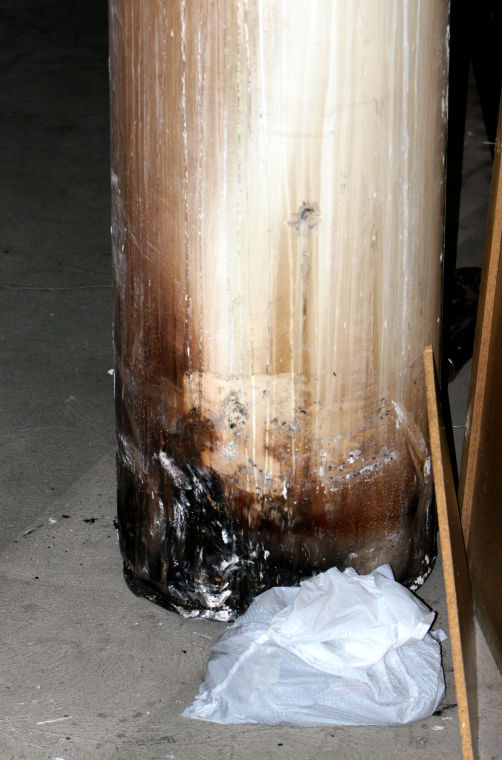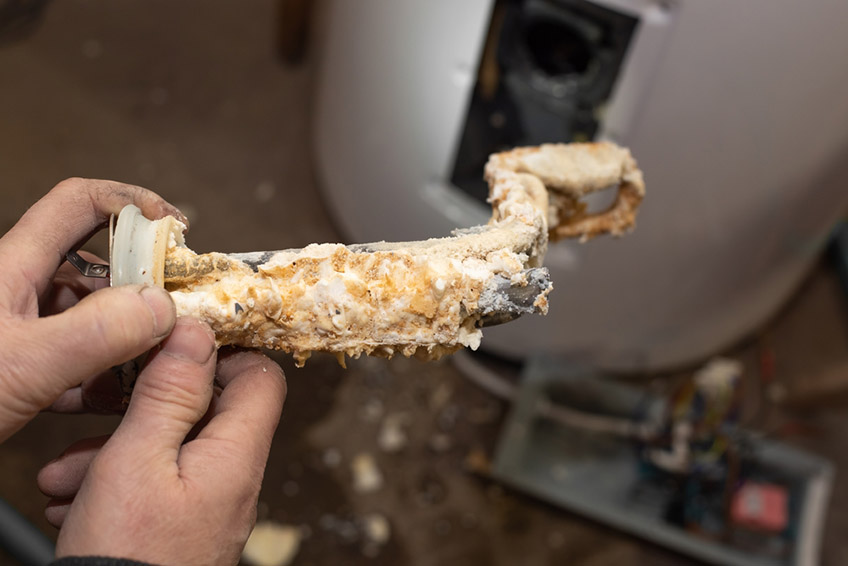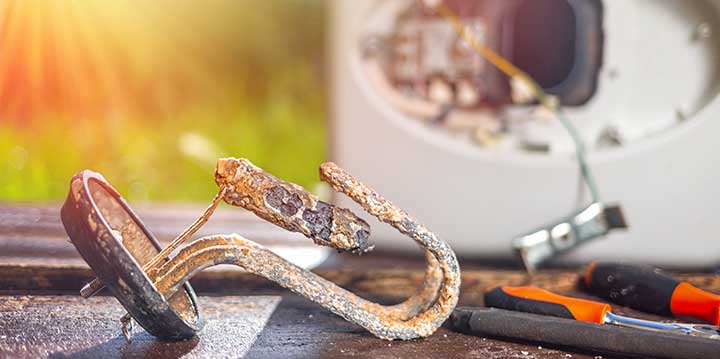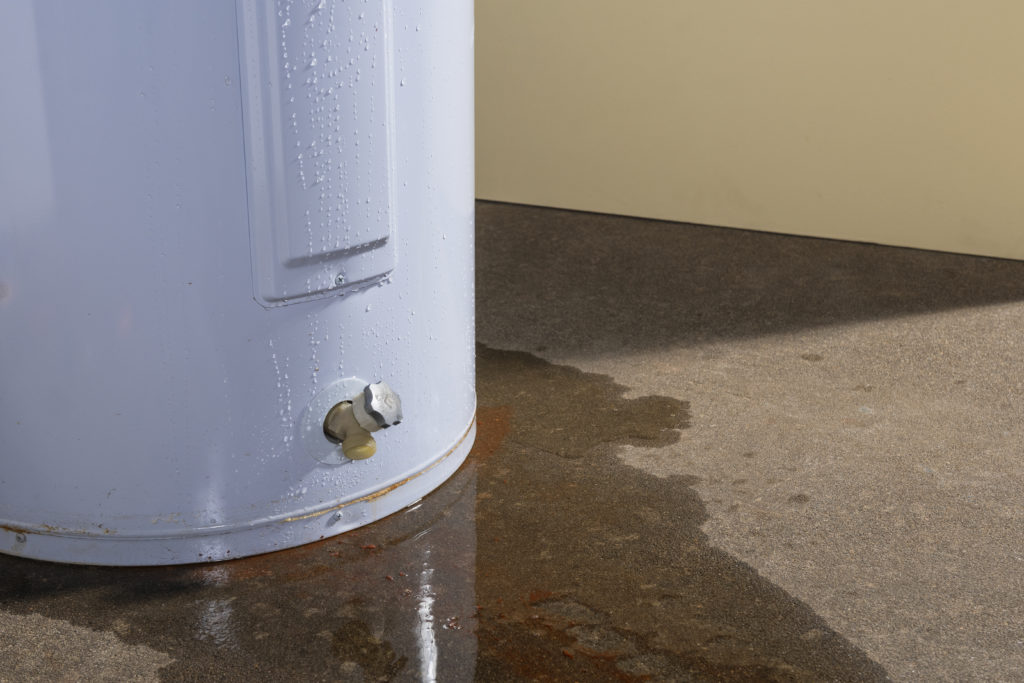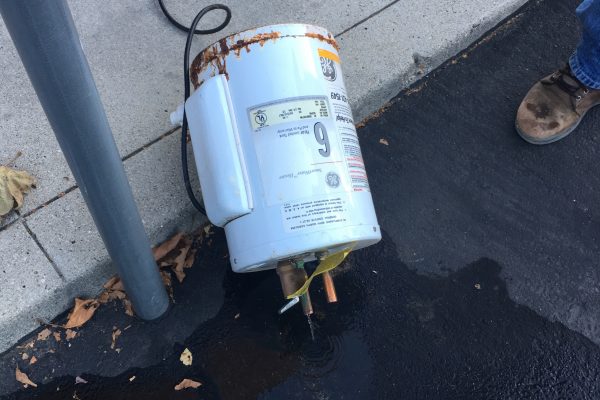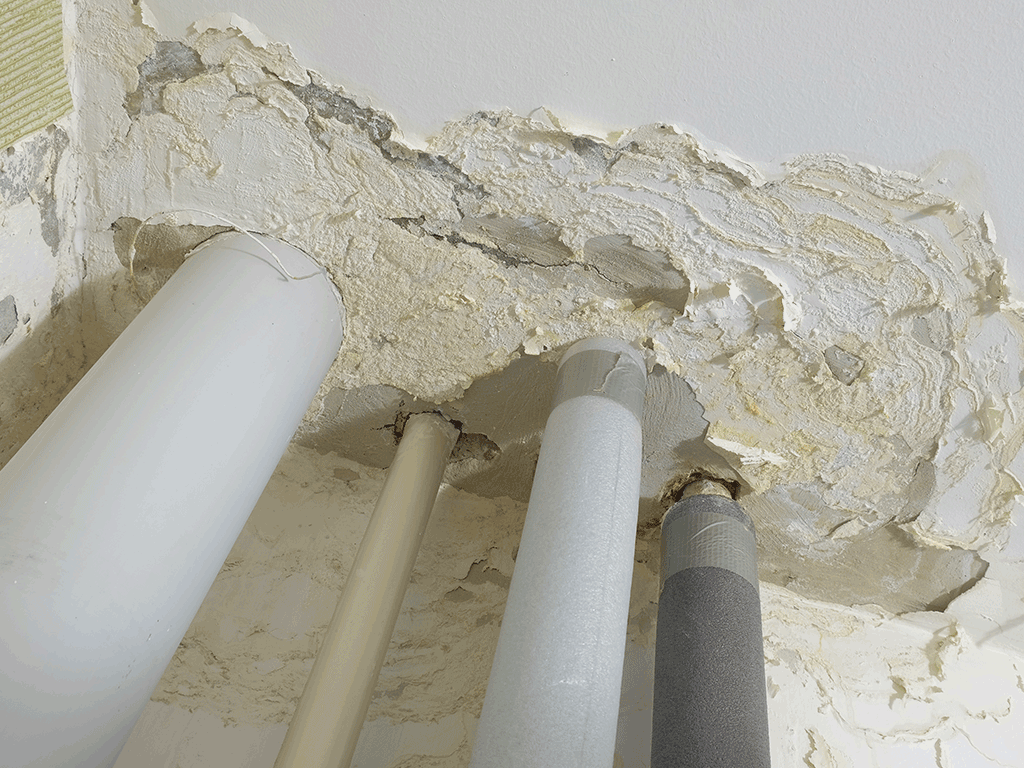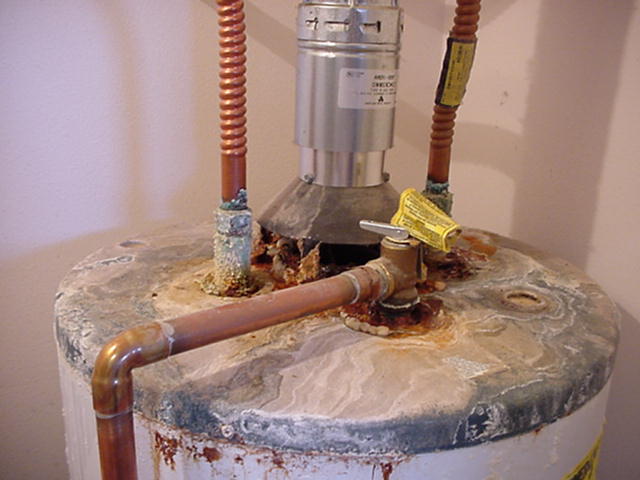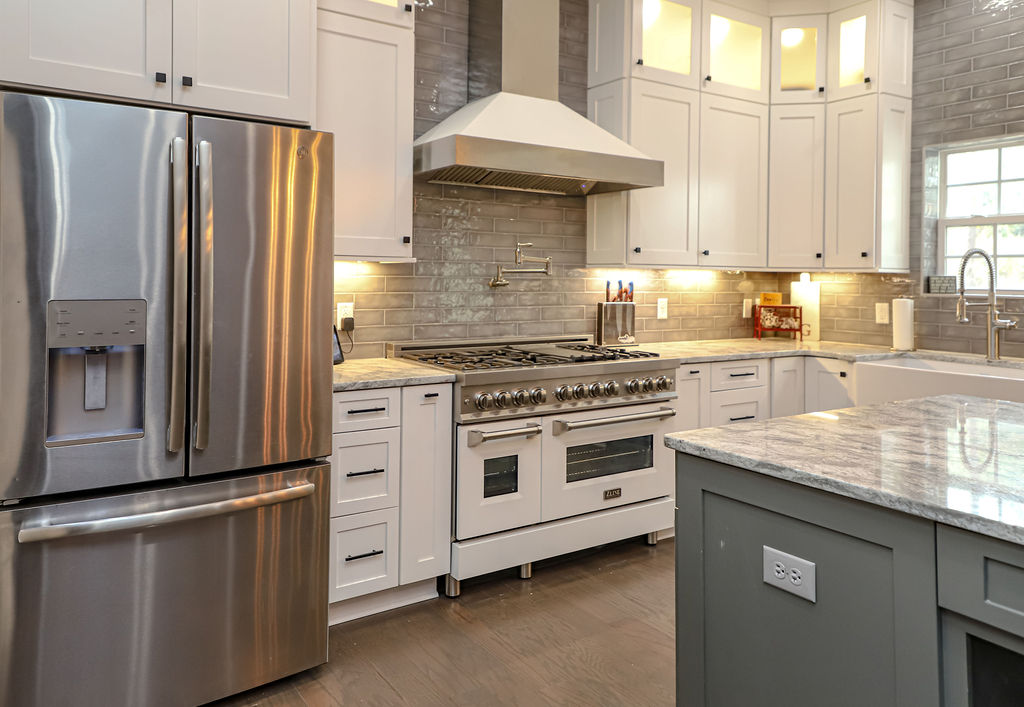One of the most common causes of low water flow in the kitchen sink is clogged pipes. Over time, debris, food particles, and grease can build up and block the pipes, reducing the water flow. Clogged pipes can also be caused by items accidentally falling down the drain, such as utensils or small toys. If you notice slow or low water flow in your kitchen sink, clogged pipes may be the culprit. Clogged Pipes
Another reason for low water flow in your kitchen sink could be low water pressure. This can be caused by a variety of factors, such as a problem with the main water supply, a closed water valve, or a leak in the pipes. If the water pressure in your home is consistently low, it's best to call a plumber to properly diagnose and fix the issue. Low Water Pressure
If you have an older faucet, it may be the cause of low water flow in your kitchen sink. Over time, the internal components of a faucet can wear out or become damaged, resulting in reduced water flow. If you notice that the water flow is only low from one faucet and not the others, it may be time to replace your faucet. Faulty Faucet
Minerals found in hard water can also contribute to low water flow in the kitchen sink. These minerals, such as calcium and magnesium, can build up in the pipes and restrict the flow of water. If you live in an area with hard water, it's important to regularly descale your pipes to prevent buildup and maintain proper water flow. Mineral Buildup
If you have low water flow in all the faucets in your home, the issue may be with the main water supply line. A broken or damaged water supply line can significantly reduce water flow and may require professional assistance to fix. It's important to address this issue as soon as possible to avoid further damage and inconvenience. Broken Water Supply Line
Leaking pipes can also contribute to low water flow in the kitchen sink. Even small leaks can reduce the pressure and flow of water, causing it to trickle out of the faucet. If you notice any wet spots or water damage near your pipes, it's important to have them inspected and repaired to prevent further issues. Leaking Pipes
The shut-off valve controls the flow of water to your kitchen sink. If this valve is faulty, it can restrict water flow and cause low pressure. This can be caused by a buildup of sediment or a damaged valve. If you suspect your shut-off valve is the issue, it's best to have it replaced by a professional plumber. Faulty Shut-Off Valve
Corroded pipes can also lead to low water flow in the kitchen sink. Over time, pipes can rust and deteriorate, causing them to narrow and restrict the flow of water. This is a common issue in older homes and may require the replacement of the affected pipes to restore proper water flow. Corroded Pipes
If you've recently had plumbing work done or experienced a power outage, there may be air trapped in your pipes. This can cause low water pressure and flow in your kitchen sink. To fix this issue, you can try turning on all the faucets in your home for a few minutes to flush out the air. If the problem persists, it's best to call a plumber. Air in Pipes
If you have low water pressure and flow throughout your home, it may be due to a damaged or malfunctioning water heater. A water heater that is not functioning properly can affect the flow of hot water, leading to low pressure and flow in your kitchen sink. It's important to have your water heater inspected and repaired by a professional if needed. In conclusion, low water flow in the kitchen sink can be caused by a variety of factors, such as clogged pipes, low water pressure, faulty faucets, mineral buildup, broken water supply lines, leaking pipes, faulty shut-off valves, corroded pipes, air in pipes, and damaged water heaters. It's important to address these issues promptly to avoid further damage and ensure proper water flow in your home. Damaged Water Heater
The Importance of Properly Maintaining Your Kitchen Sink for Optimal Water Flow

Don't Let Your Kitchen Sink Cause Low Water Flow in Your Home
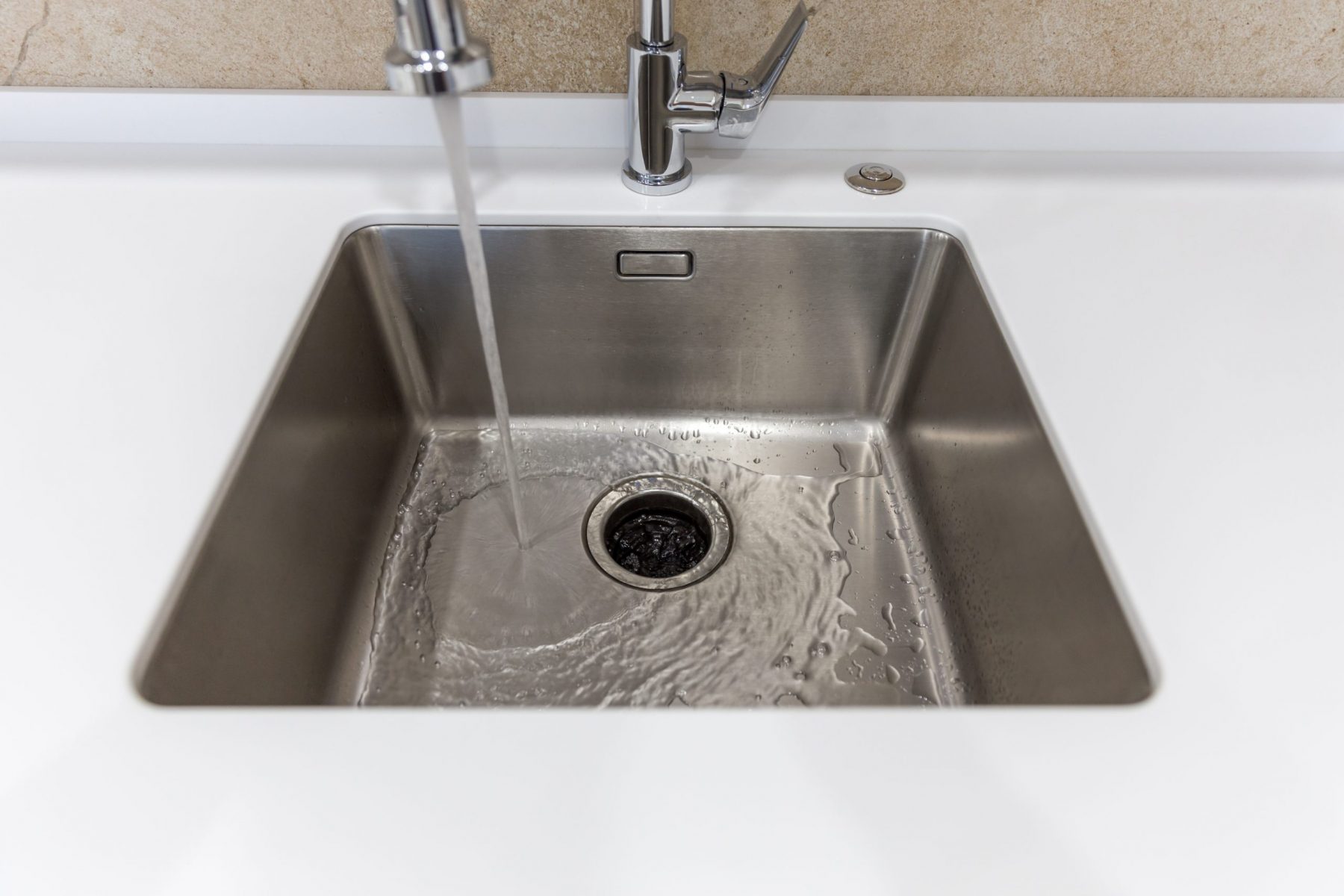 When it comes to designing a house, the kitchen is often considered the heart of the home. It's where meals are cooked, memories are made, and daily routines take place. But what happens when the kitchen sink starts to cause low water flow? This seemingly small issue can quickly turn into a major inconvenience for any homeowner. In this article, we will explore the common causes of low water flow in kitchen sinks and why it's important to properly maintain your sink to avoid this problem.
The Main Culprit: Clogged Pipes
One of the main reasons for low water flow in kitchen sinks is clogged pipes. Over time, debris such as food scraps, grease, and soap scum can build up in your pipes, causing blockages that restrict the flow of water. This is especially common in older homes where the plumbing system may not be as efficient as newer ones. If left untreated, clogged pipes can lead to bigger plumbing issues and even damage to your kitchen sink.
The Role of Proper Maintenance
Properly maintaining your kitchen sink is crucial in preventing low water flow. This includes regularly cleaning your sink and pipes to remove any buildup of debris. You can also invest in a drain guard to catch larger food particles and prevent them from going down the drain. Additionally, using a mixture of hot water and vinegar can help break down any grease or soap scum buildup in your pipes.
Other Factors to Consider
Aside from clogged pipes, there are other factors that can contribute to low water flow in your kitchen sink. These include a faulty faucet, a damaged aerator, or a water pressure issue. It's important to regularly check these components and address any problems before they escalate. If you notice a decrease in water flow, it's best to call a professional plumber to properly diagnose and fix the issue.
The Impact of Low Water Flow
Low water flow in your kitchen sink can have a significant impact on your daily routine. It can make it difficult to wash dishes, cook, and even fill up a pot of water. Not only is it inconvenient, but low water flow can also be a sign of a larger underlying plumbing issue. By properly maintaining your kitchen sink, you can avoid these problems and maintain a functional and efficient kitchen.
In conclusion, the kitchen sink plays a crucial role in the overall design and functionality of a home. To ensure optimal water flow, it's important to regularly maintain your sink and address any issues that may arise. By taking the necessary steps to prevent clogged pipes and other factors that can cause low water flow, you can enjoy a fully functional and efficient kitchen for years to come.
When it comes to designing a house, the kitchen is often considered the heart of the home. It's where meals are cooked, memories are made, and daily routines take place. But what happens when the kitchen sink starts to cause low water flow? This seemingly small issue can quickly turn into a major inconvenience for any homeowner. In this article, we will explore the common causes of low water flow in kitchen sinks and why it's important to properly maintain your sink to avoid this problem.
The Main Culprit: Clogged Pipes
One of the main reasons for low water flow in kitchen sinks is clogged pipes. Over time, debris such as food scraps, grease, and soap scum can build up in your pipes, causing blockages that restrict the flow of water. This is especially common in older homes where the plumbing system may not be as efficient as newer ones. If left untreated, clogged pipes can lead to bigger plumbing issues and even damage to your kitchen sink.
The Role of Proper Maintenance
Properly maintaining your kitchen sink is crucial in preventing low water flow. This includes regularly cleaning your sink and pipes to remove any buildup of debris. You can also invest in a drain guard to catch larger food particles and prevent them from going down the drain. Additionally, using a mixture of hot water and vinegar can help break down any grease or soap scum buildup in your pipes.
Other Factors to Consider
Aside from clogged pipes, there are other factors that can contribute to low water flow in your kitchen sink. These include a faulty faucet, a damaged aerator, or a water pressure issue. It's important to regularly check these components and address any problems before they escalate. If you notice a decrease in water flow, it's best to call a professional plumber to properly diagnose and fix the issue.
The Impact of Low Water Flow
Low water flow in your kitchen sink can have a significant impact on your daily routine. It can make it difficult to wash dishes, cook, and even fill up a pot of water. Not only is it inconvenient, but low water flow can also be a sign of a larger underlying plumbing issue. By properly maintaining your kitchen sink, you can avoid these problems and maintain a functional and efficient kitchen.
In conclusion, the kitchen sink plays a crucial role in the overall design and functionality of a home. To ensure optimal water flow, it's important to regularly maintain your sink and address any issues that may arise. By taking the necessary steps to prevent clogged pipes and other factors that can cause low water flow, you can enjoy a fully functional and efficient kitchen for years to come.
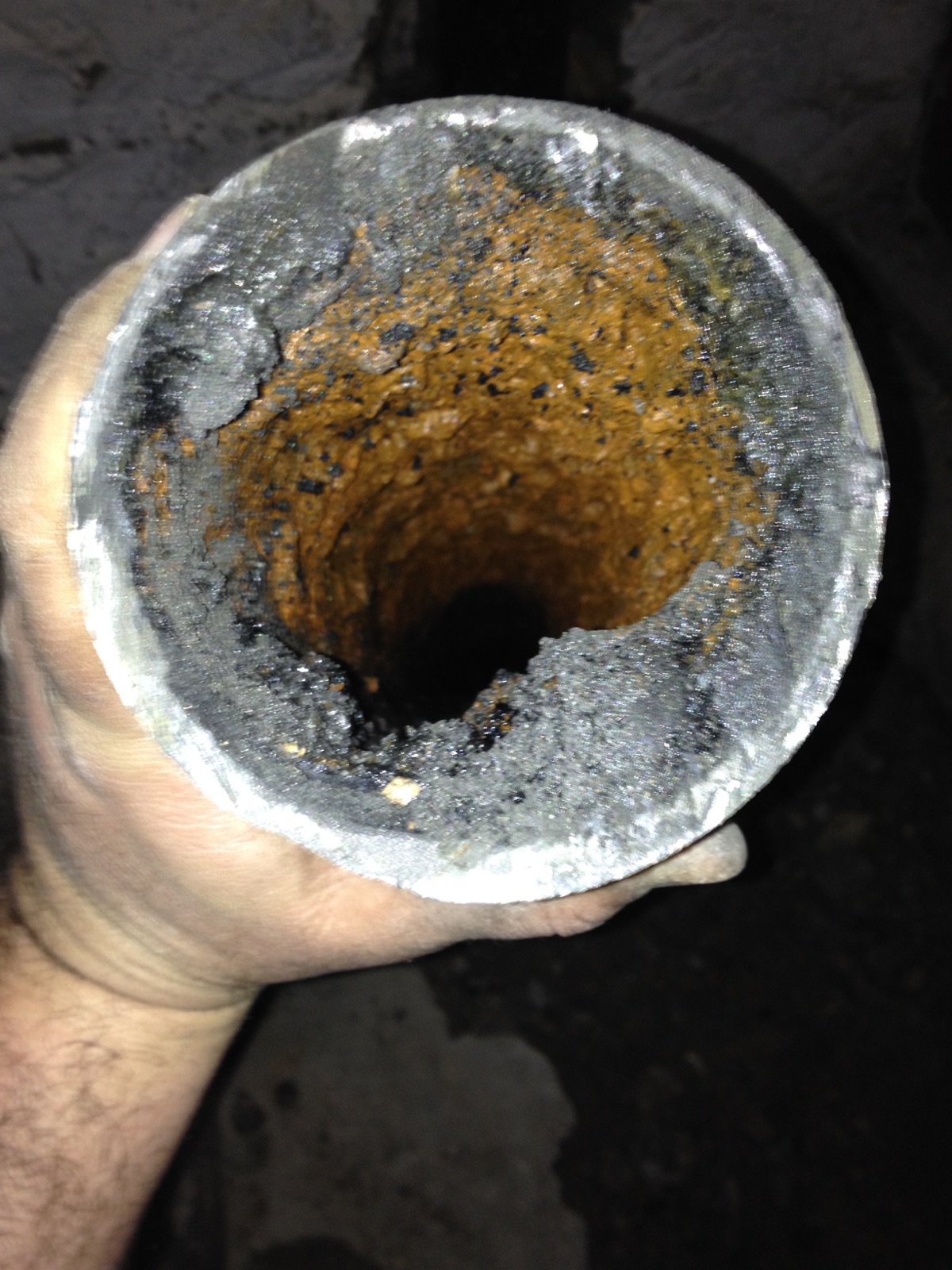
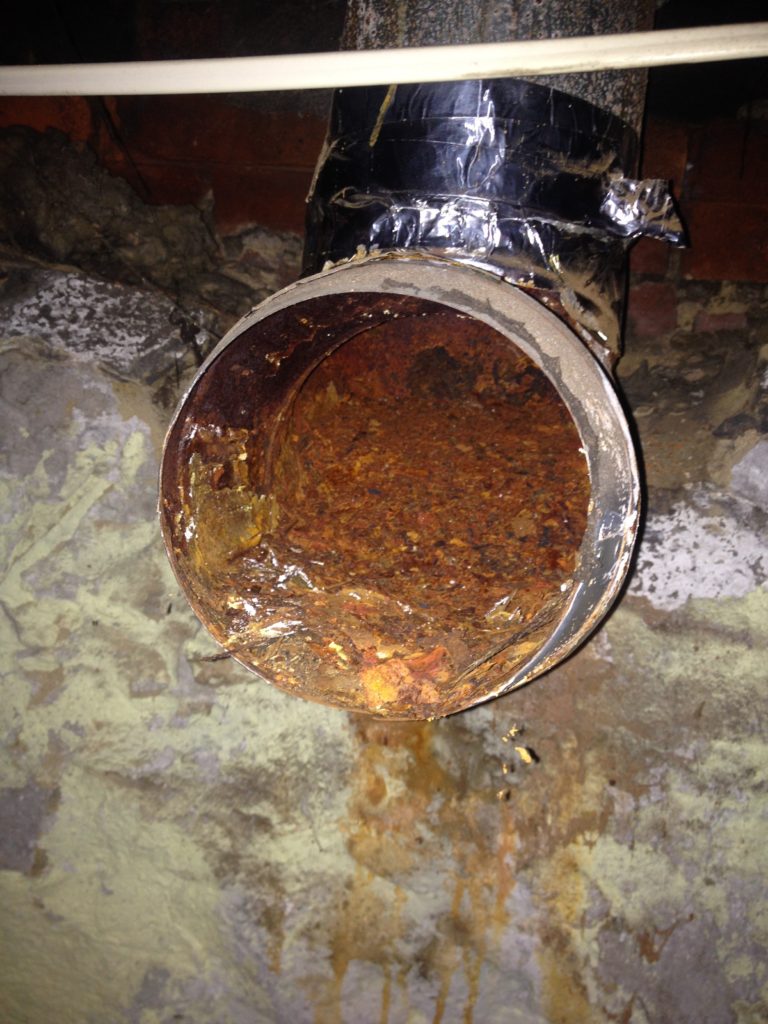

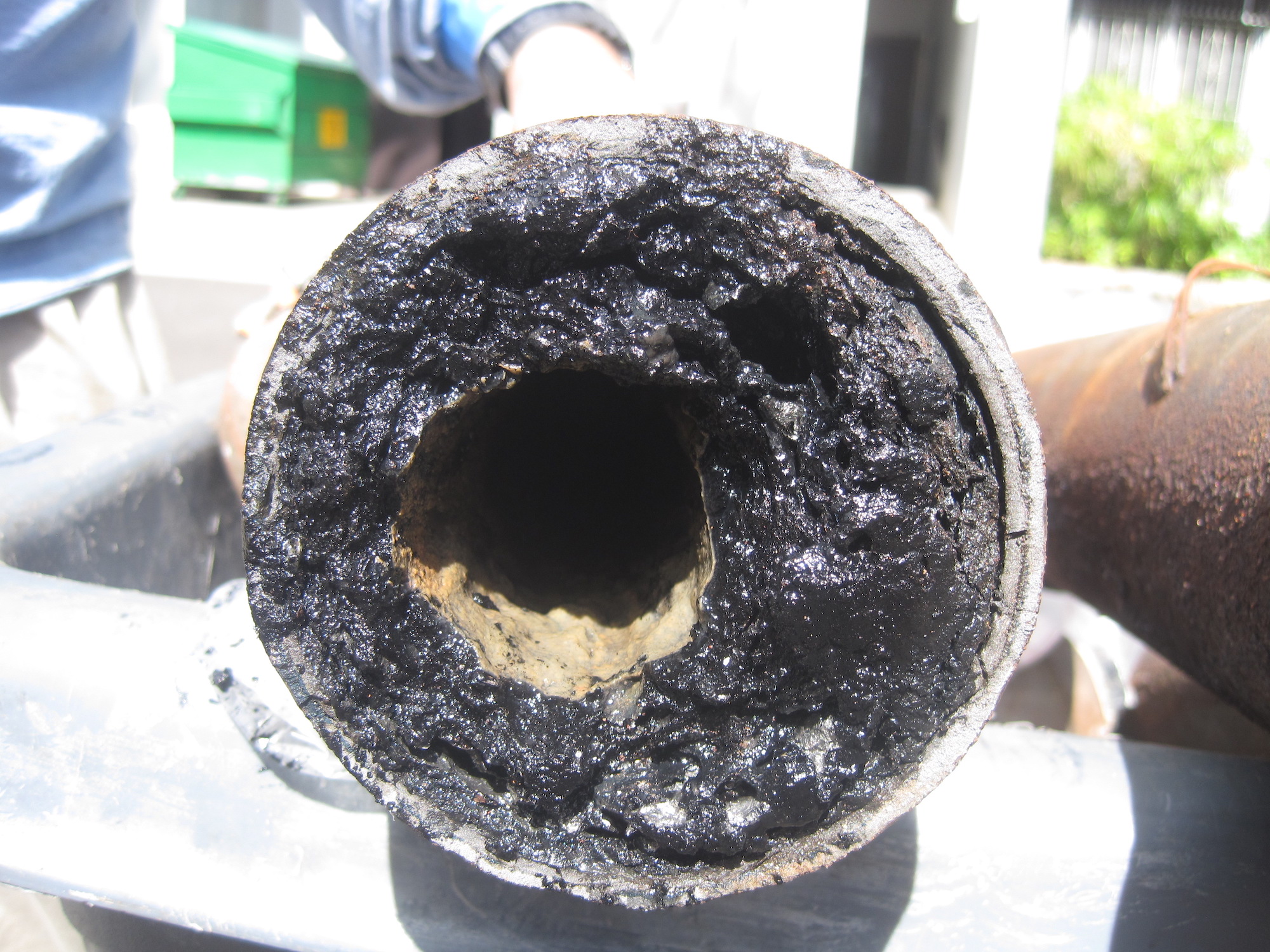
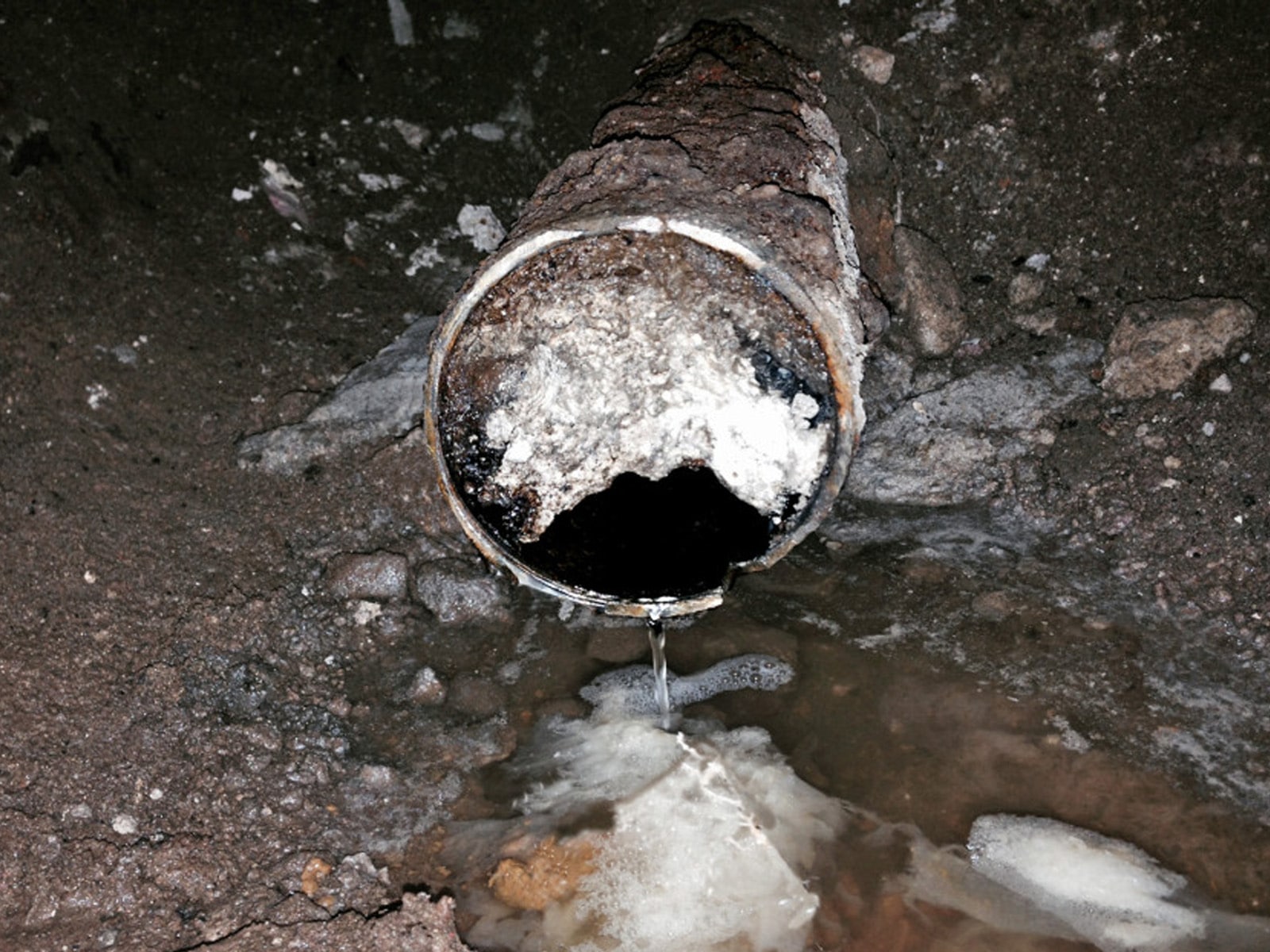

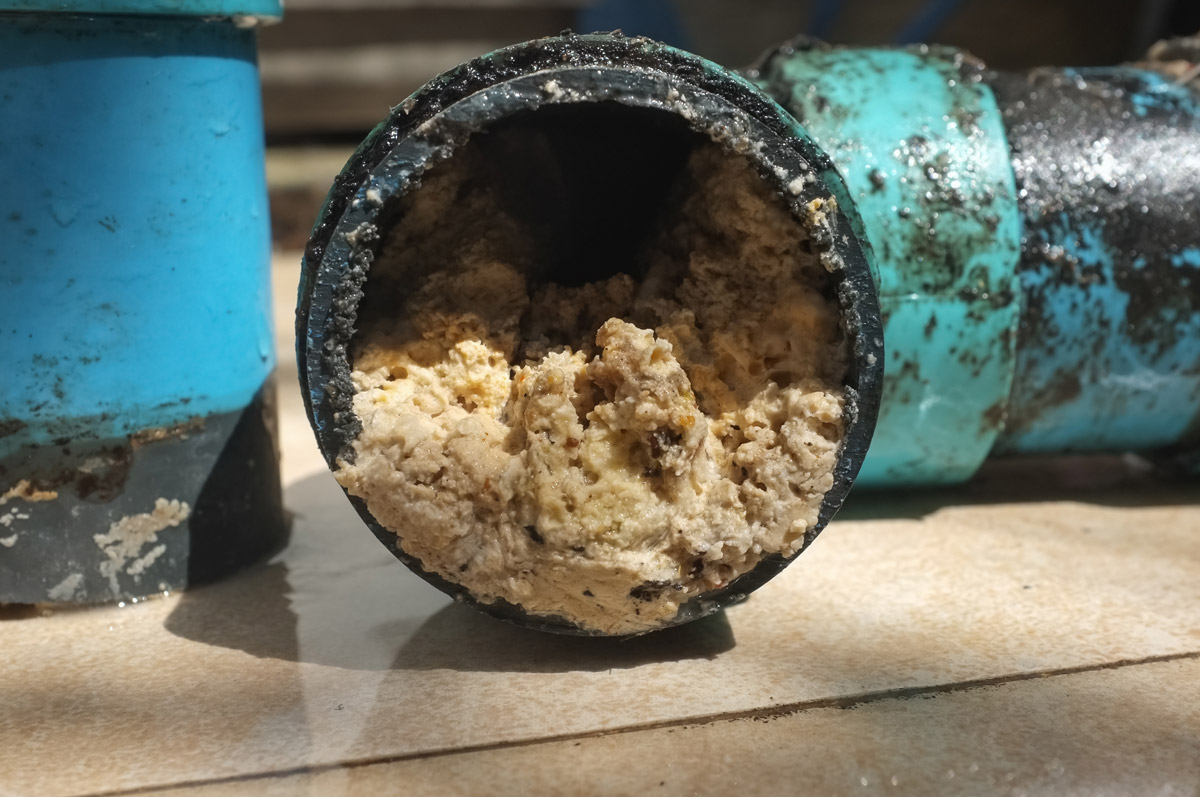
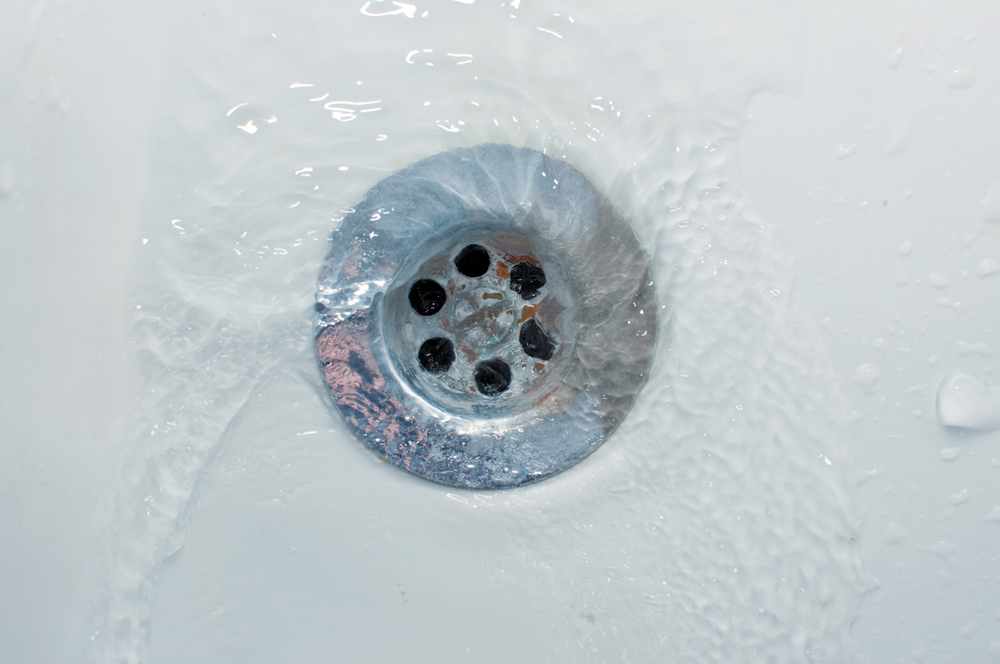
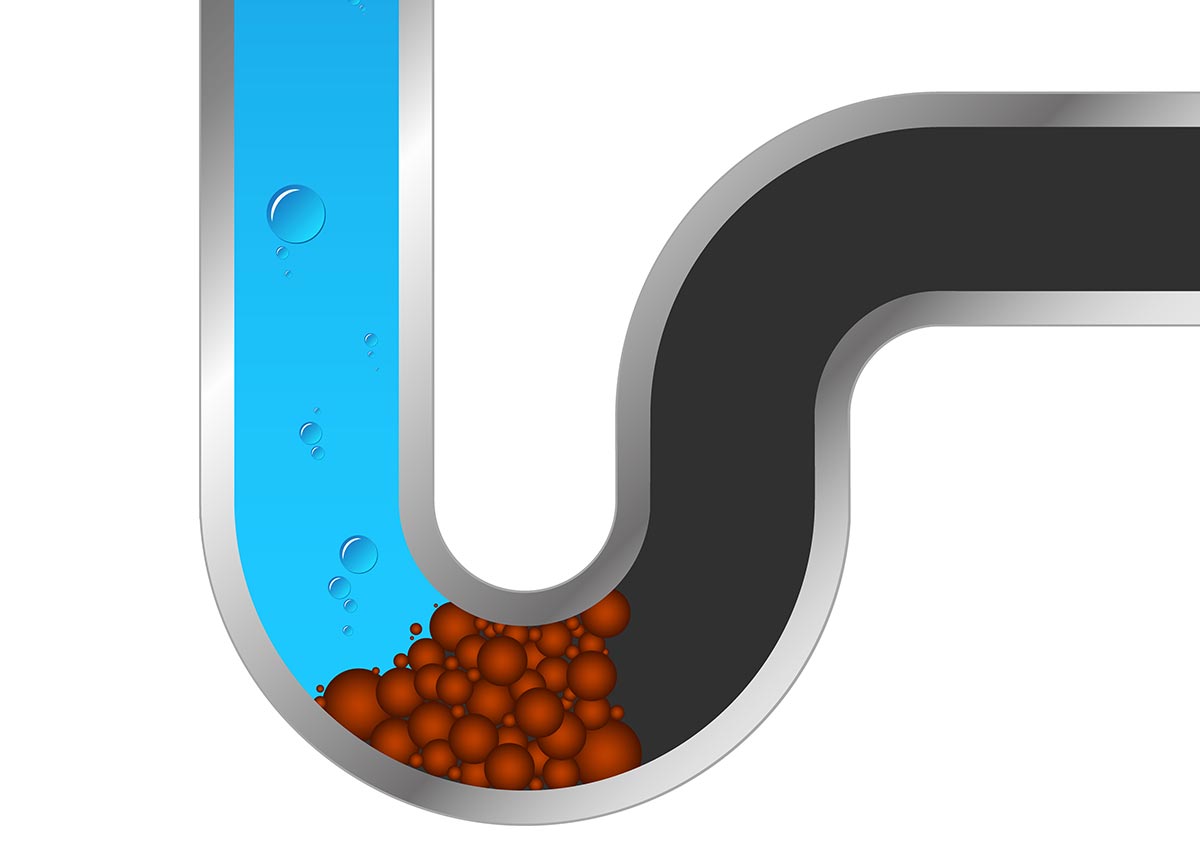

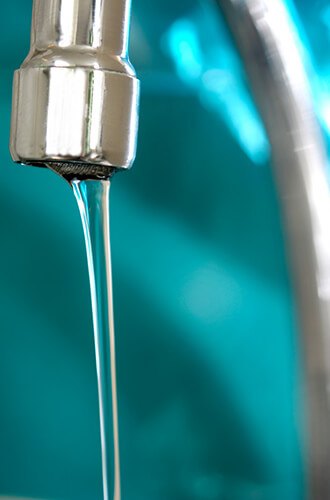
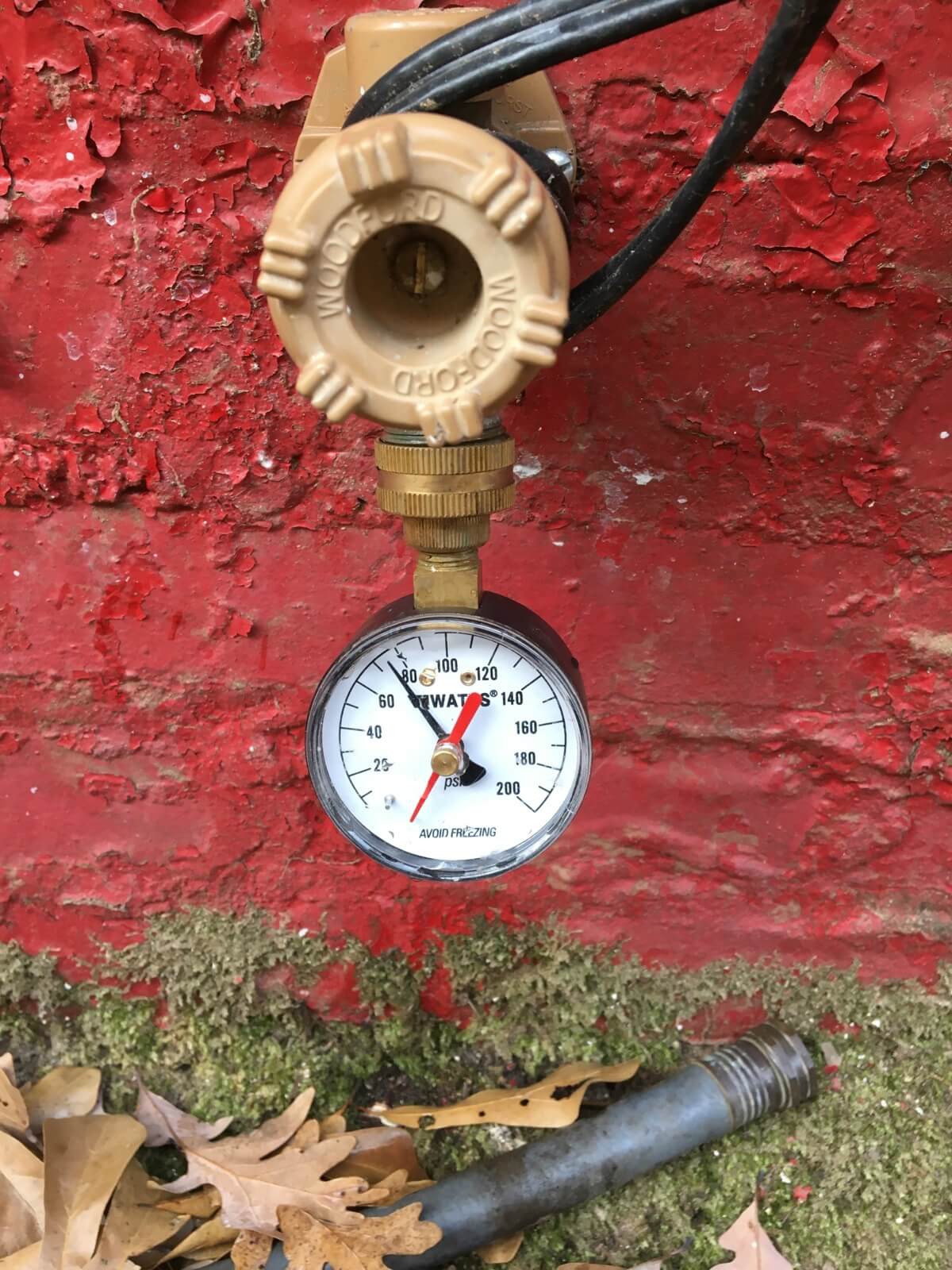


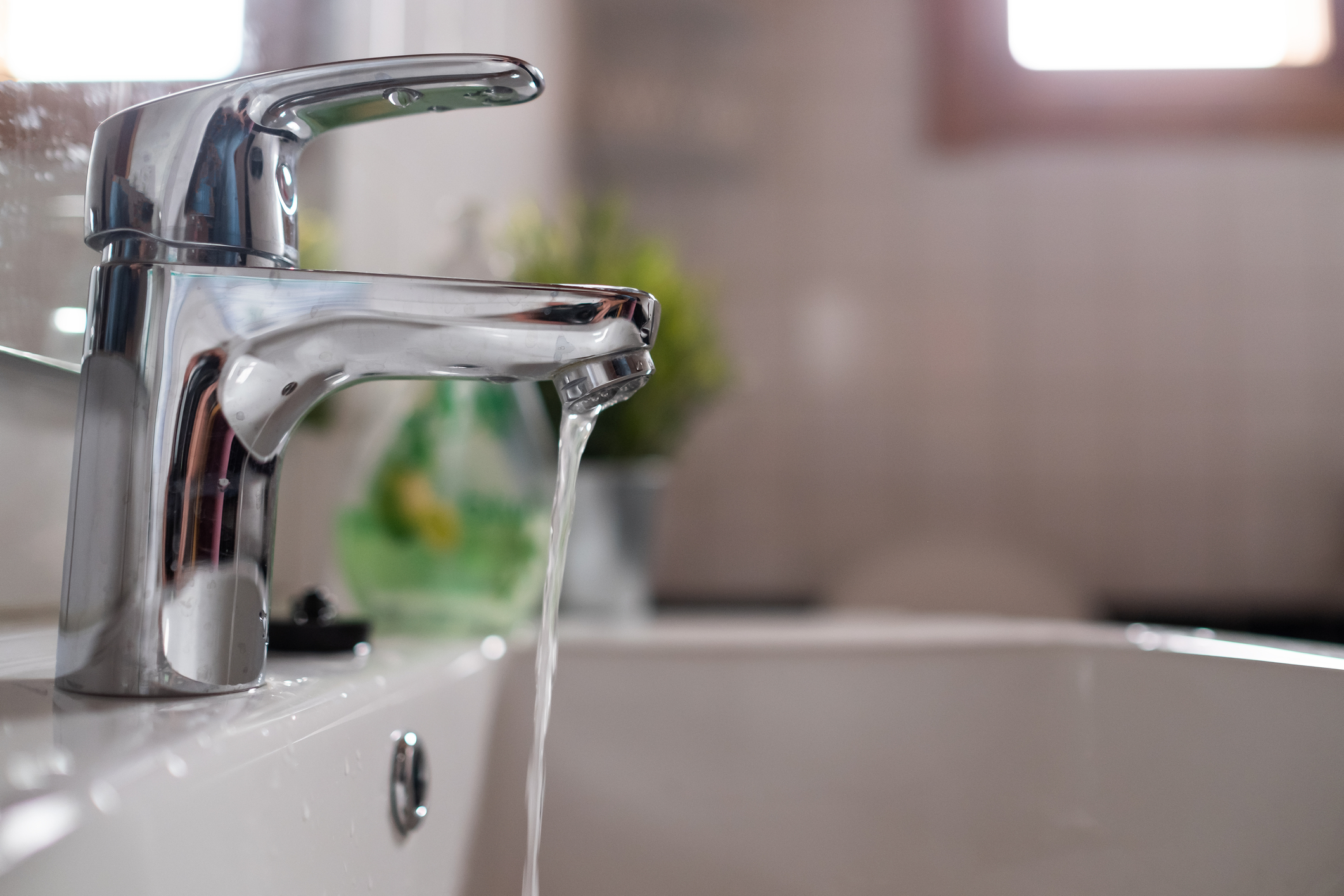
:max_bytes(150000):strip_icc()/testing-water-pressure-in-your-home-2718692-04-c37ab3236d0d4b61b87079ebf9ef823e-c1e1ef0104fb44778a287bd9bb5ec140.jpeg)
:max_bytes(150000):strip_icc()/the-men-s-hand-opens-the-ball-valve-on-the-collector-1006810456-5c5fc73fc9e77c000159c4af.jpg)
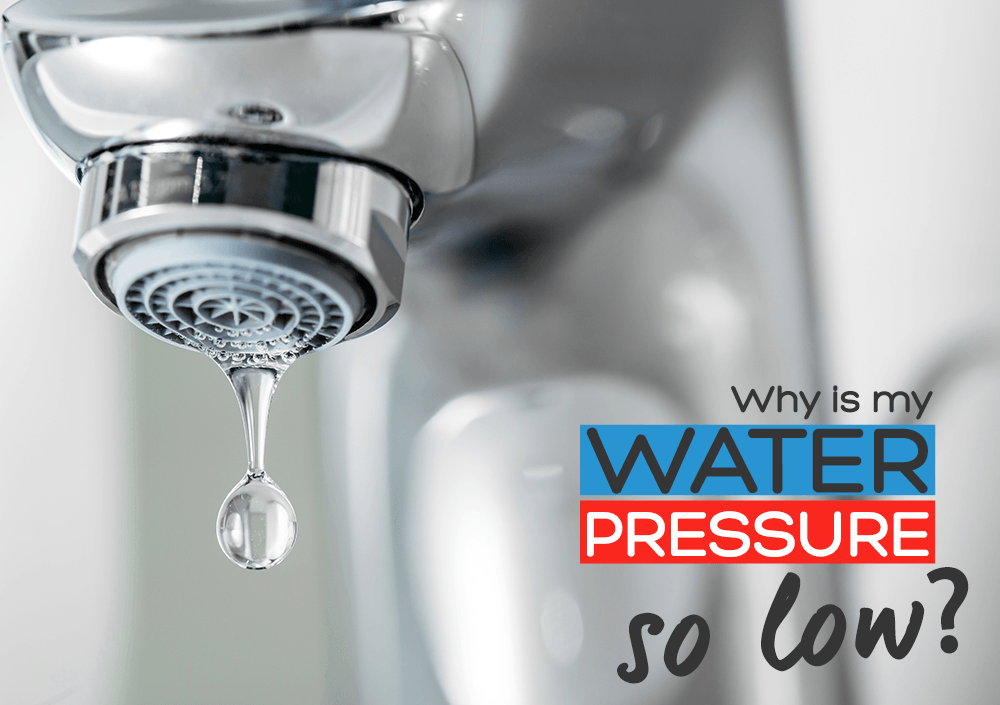
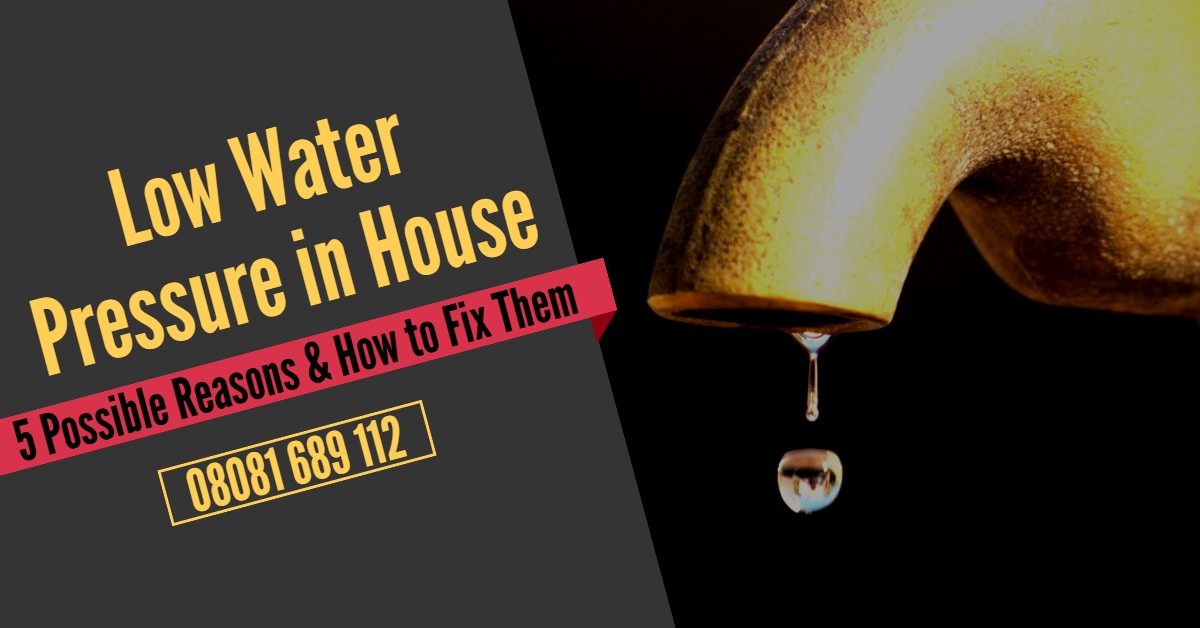


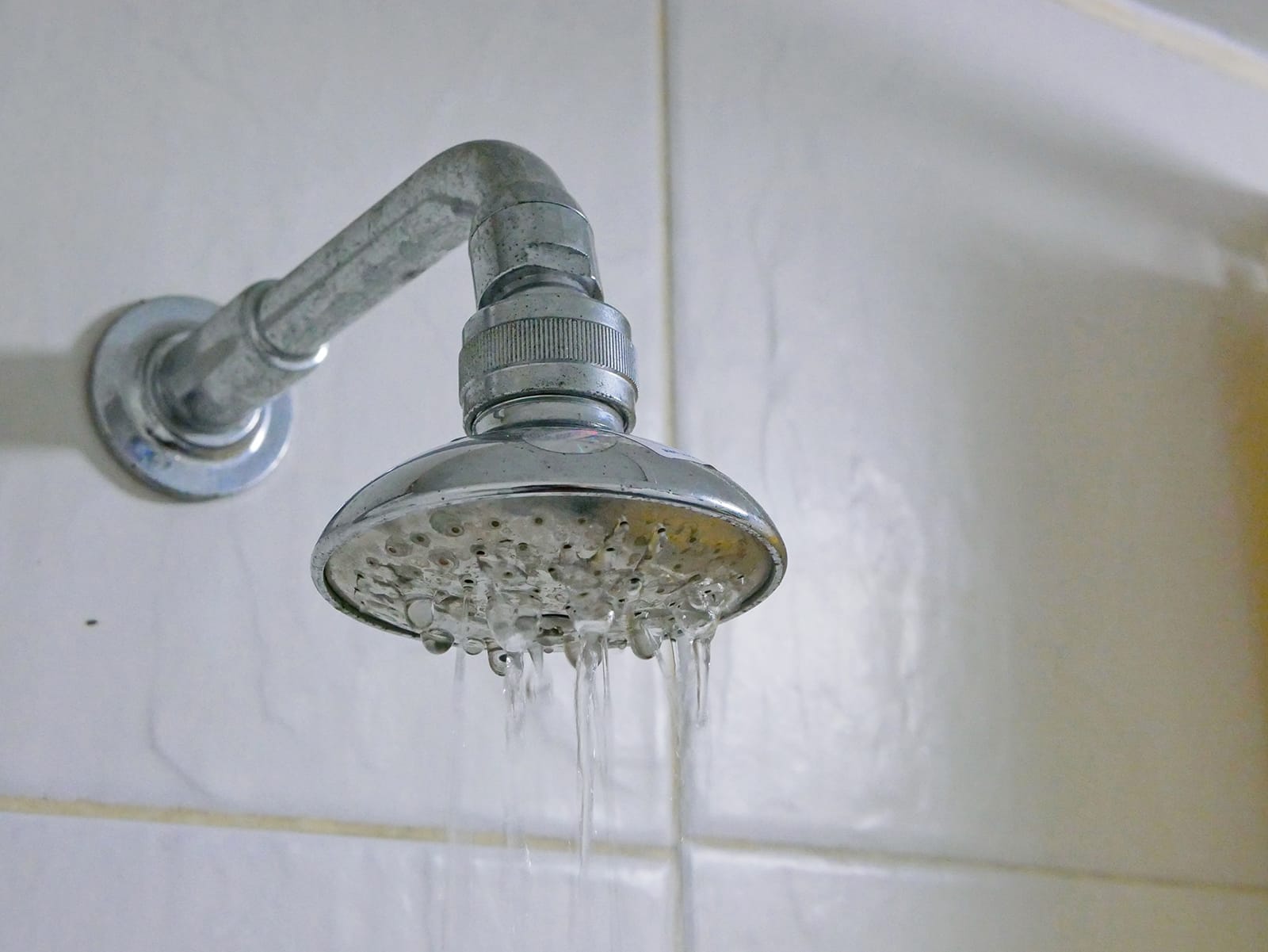


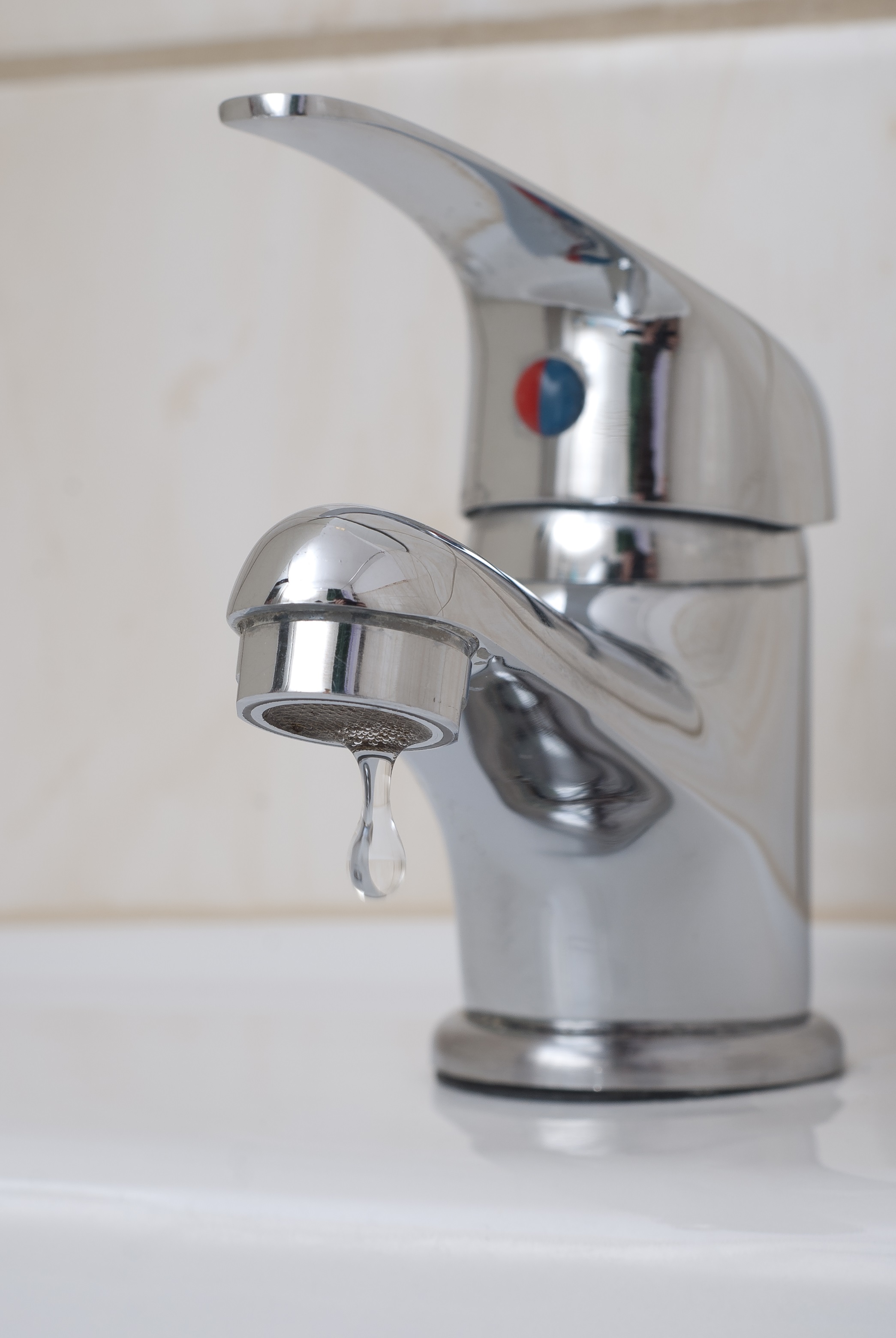
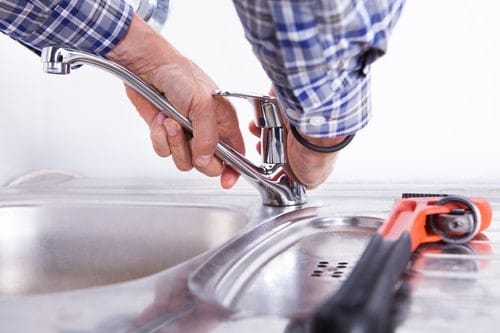


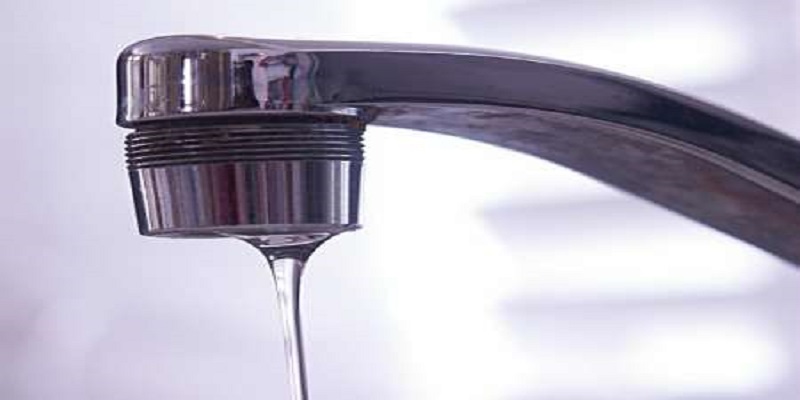


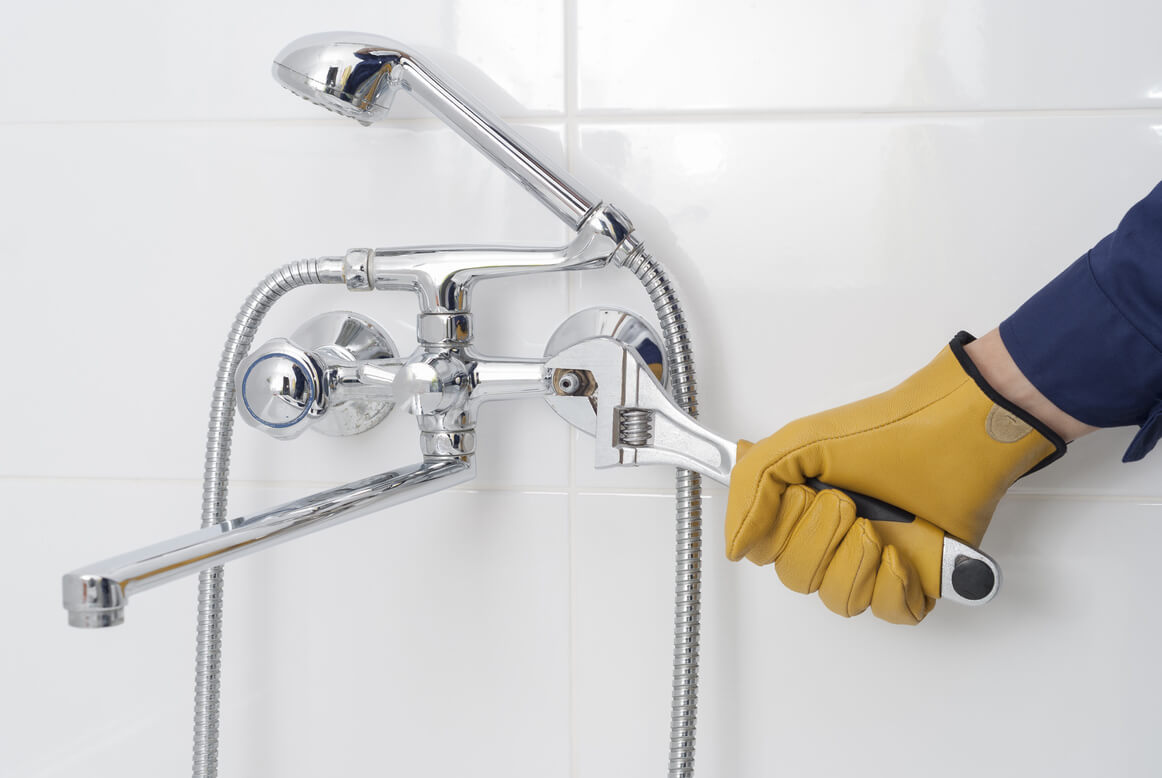






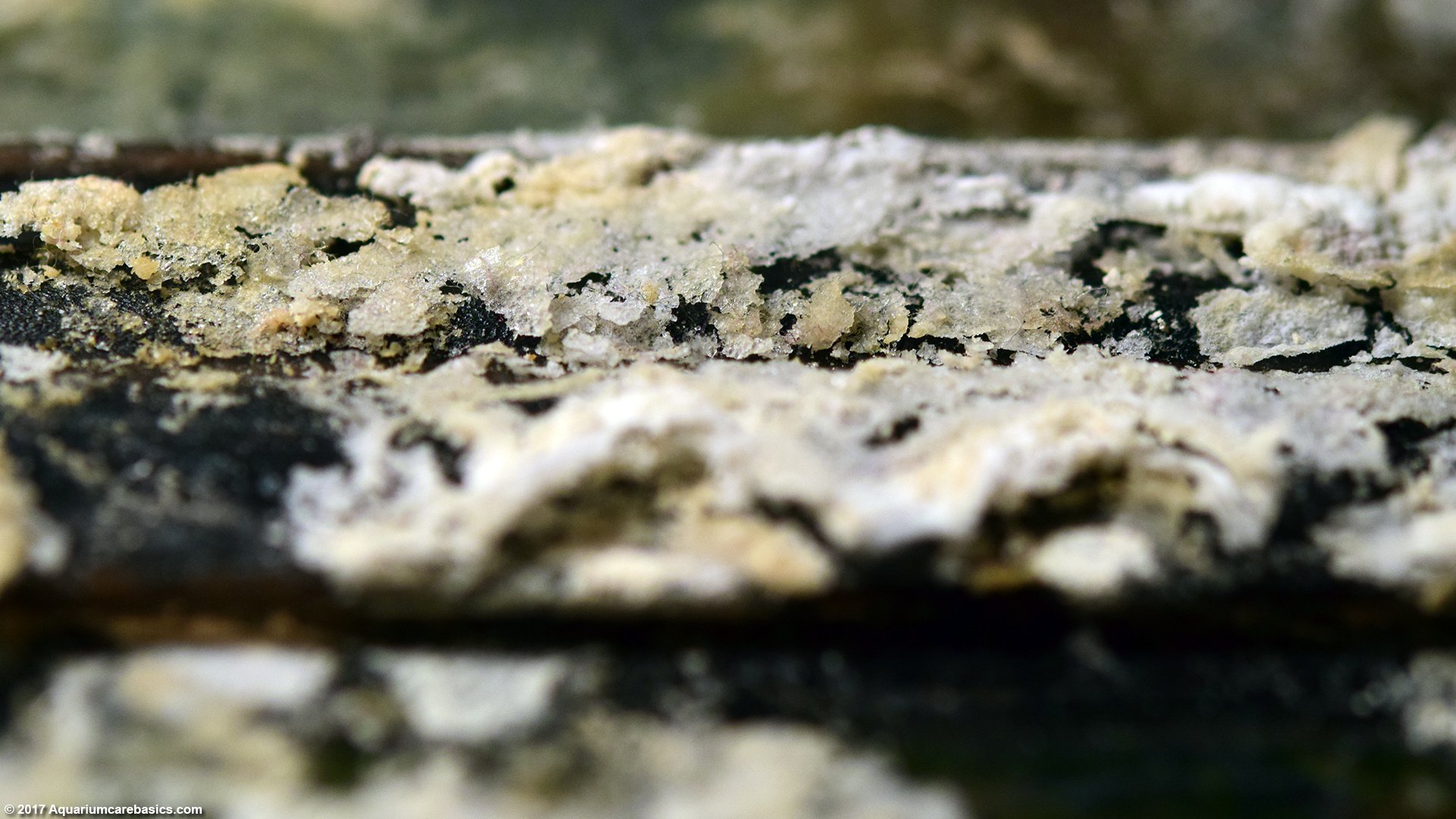
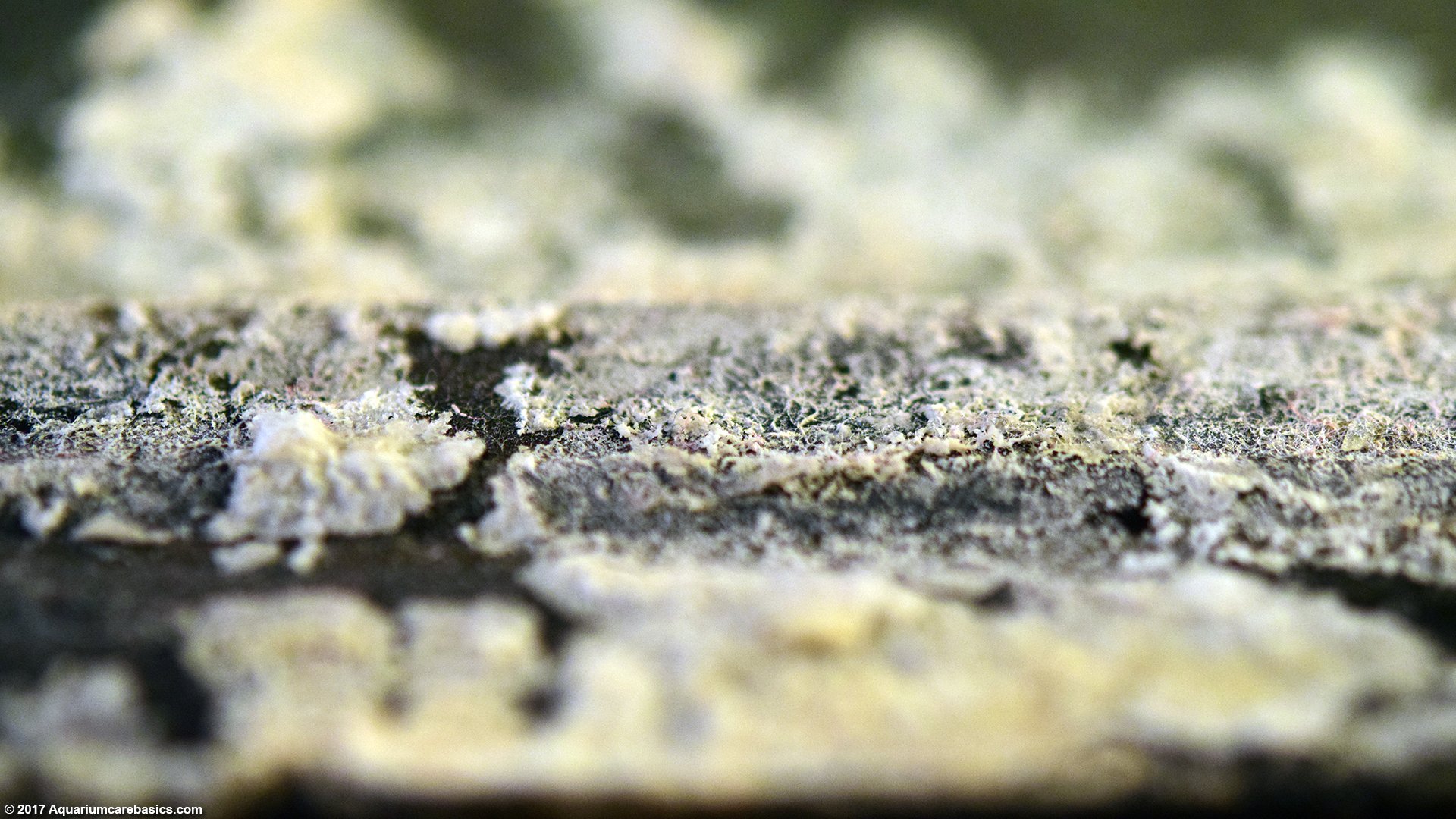

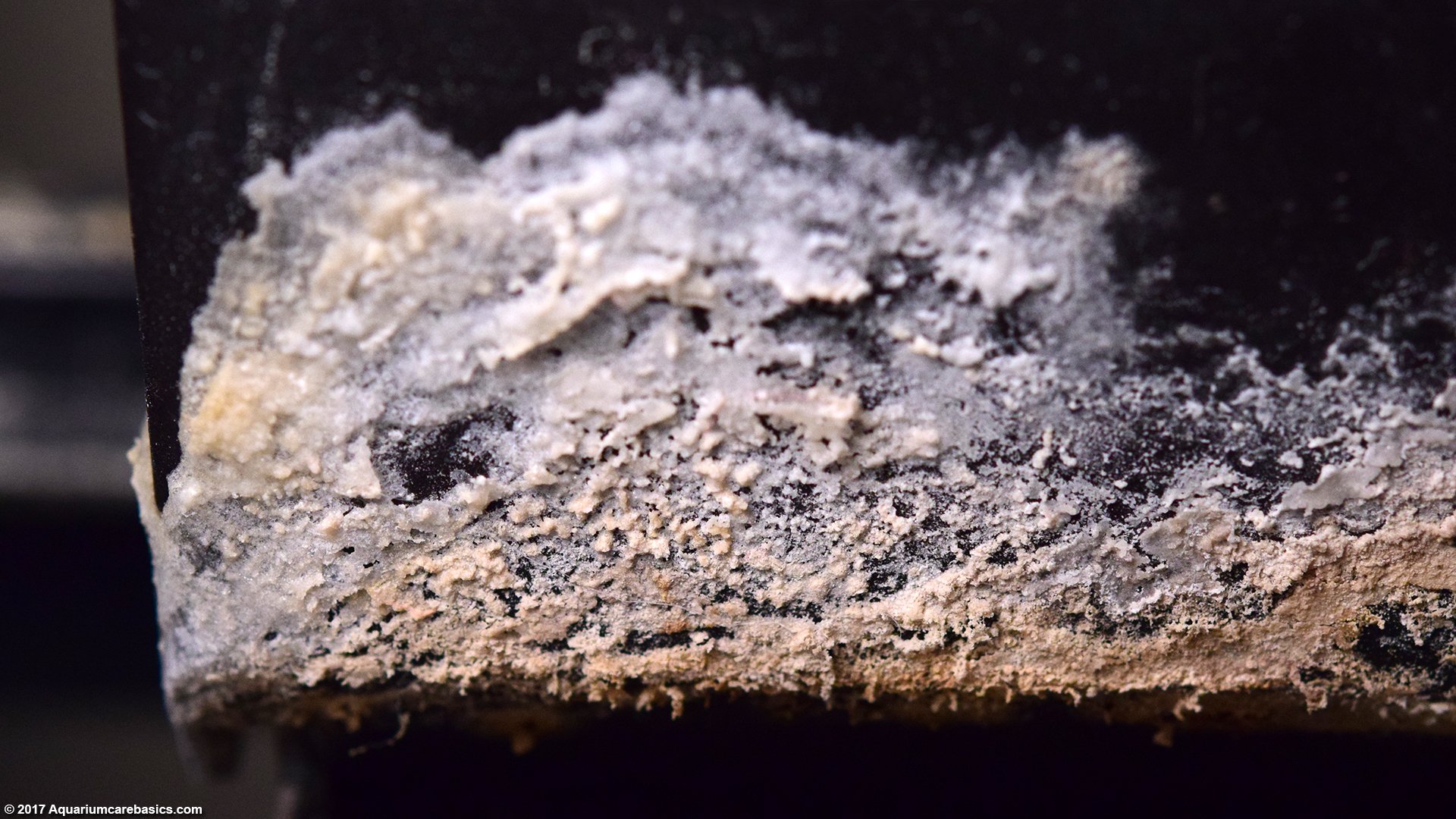
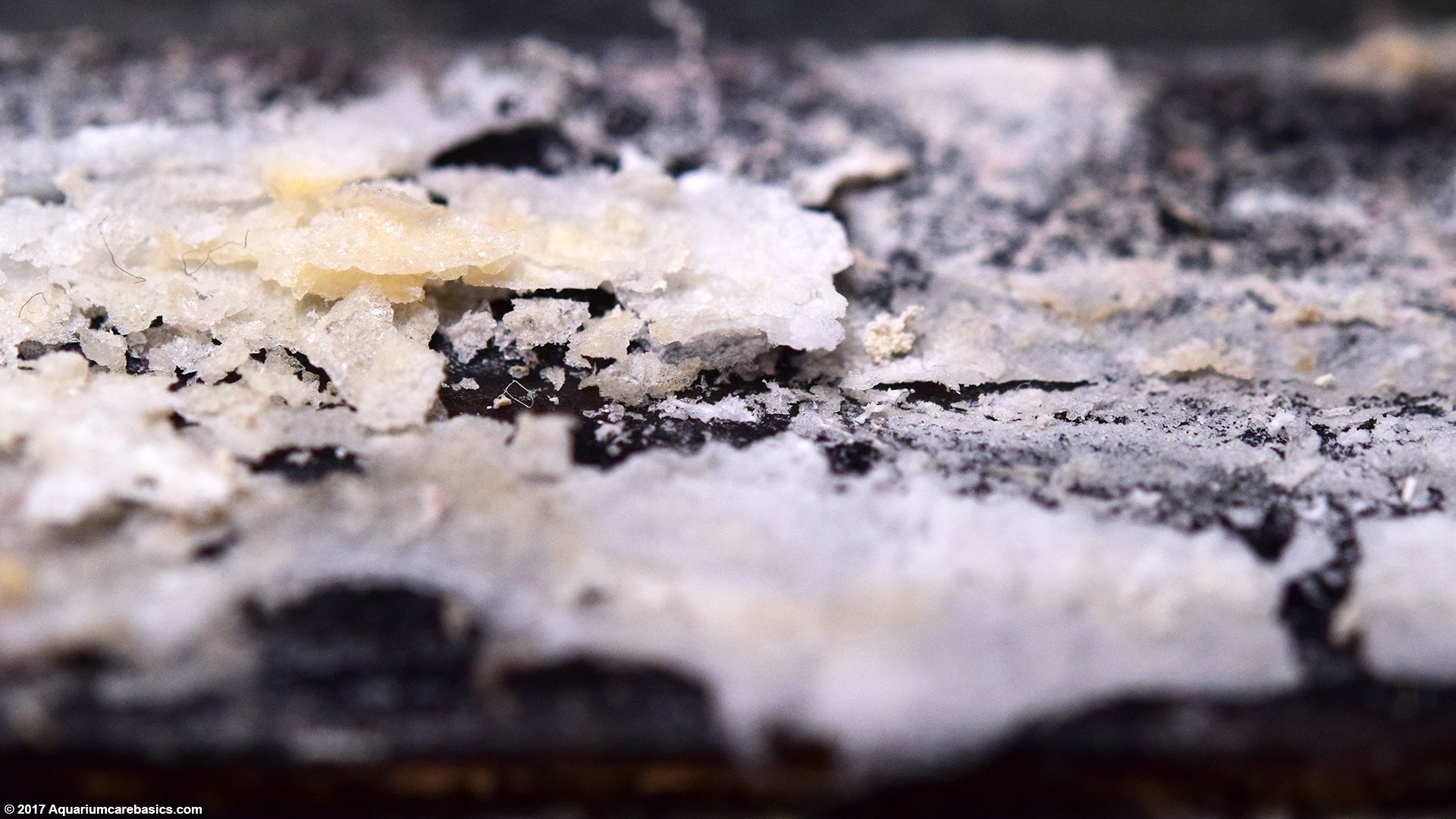
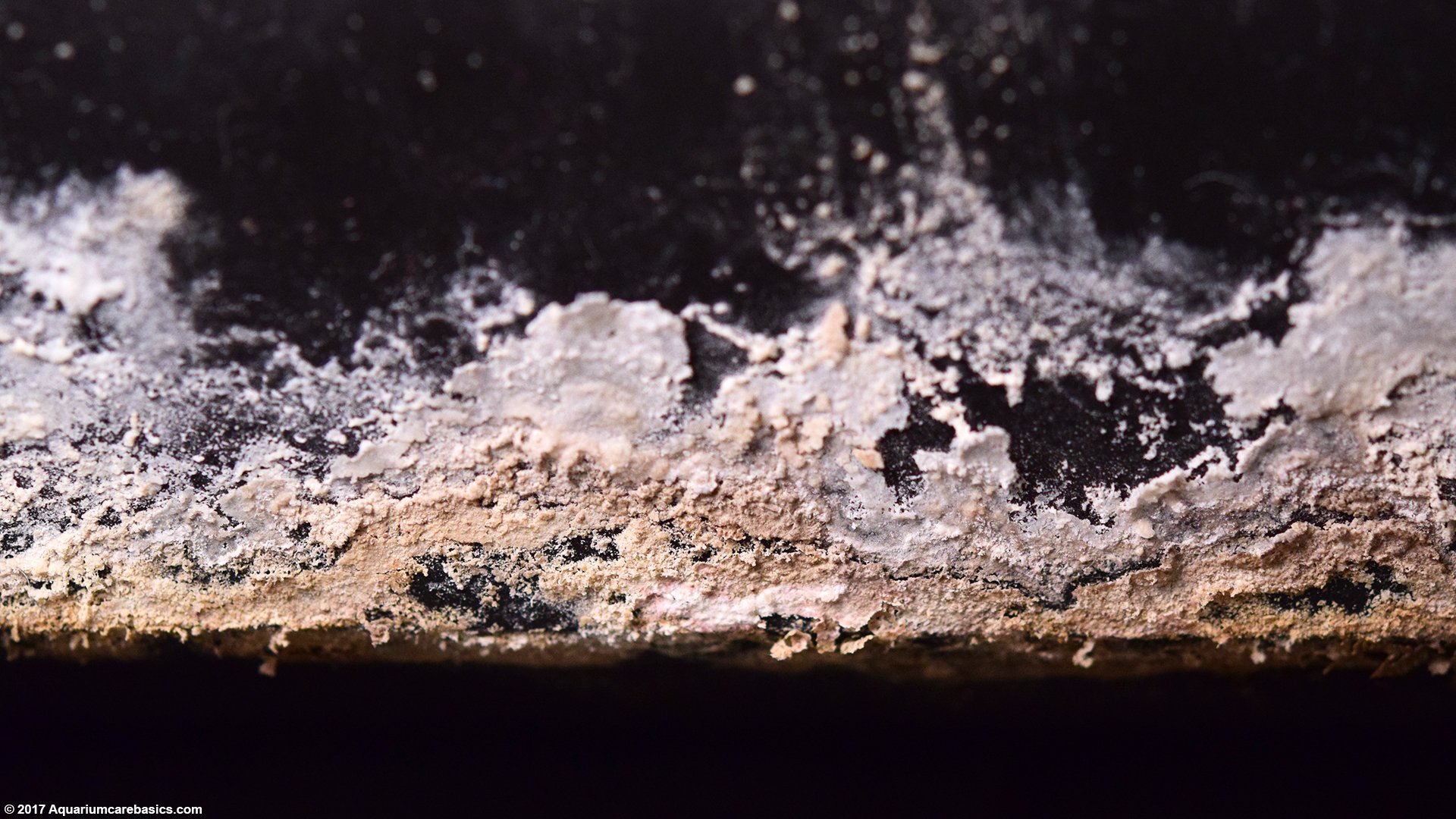
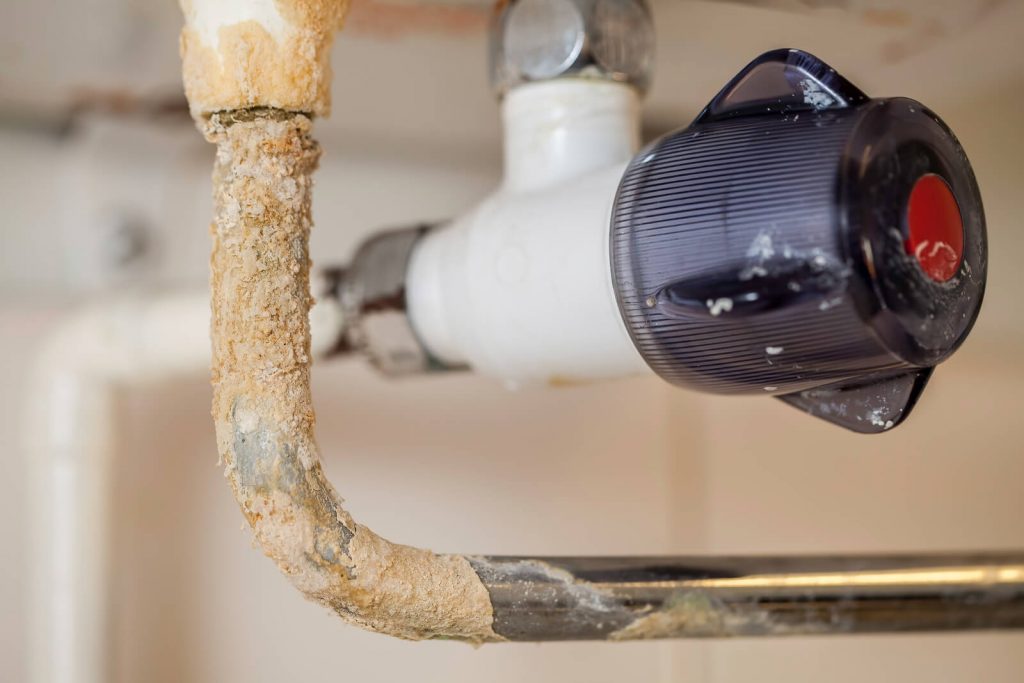

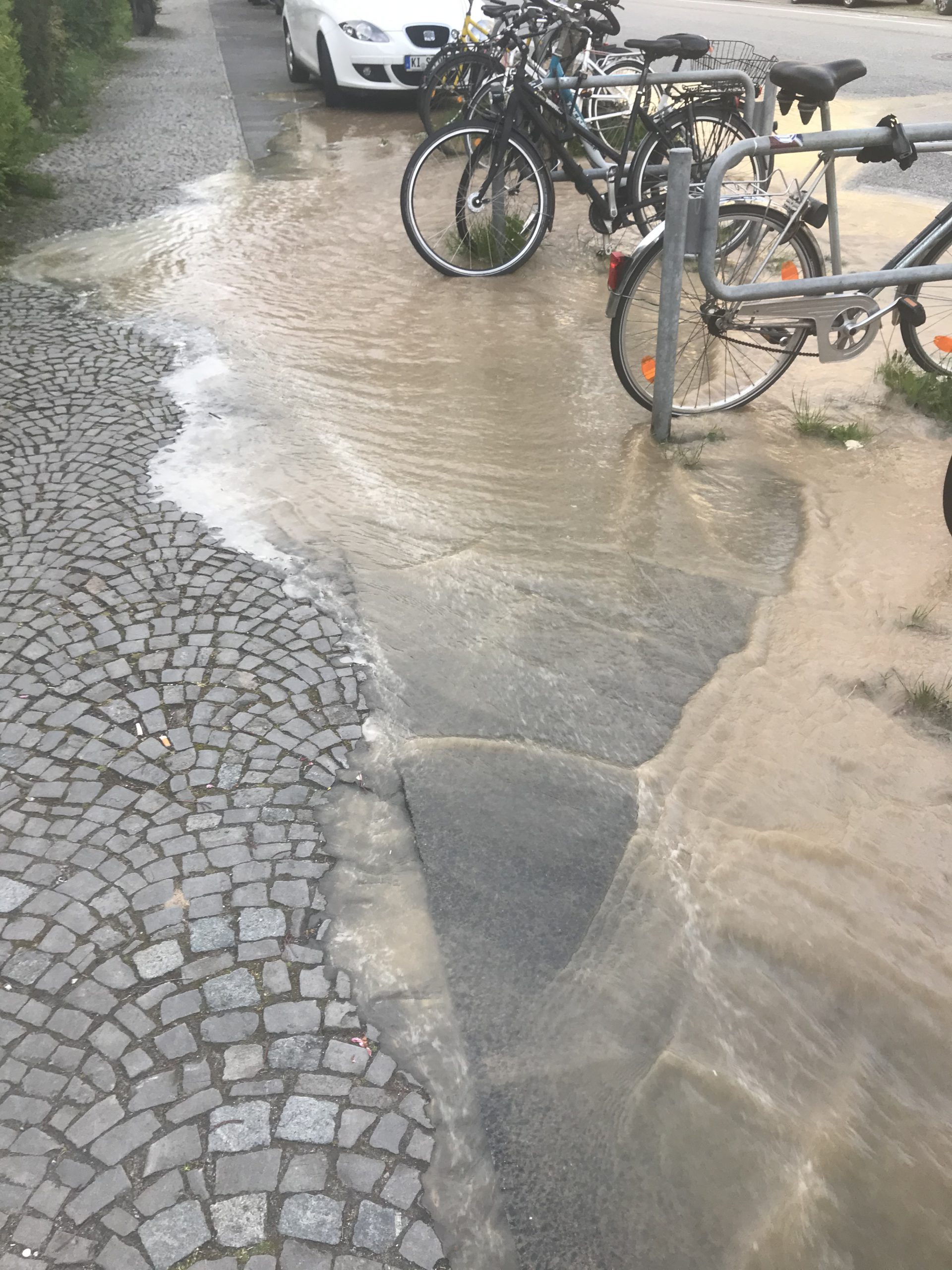


/UndergroundWaterLine-Broken-717c87cffc3c4903988fe0dfaca72809.jpg)



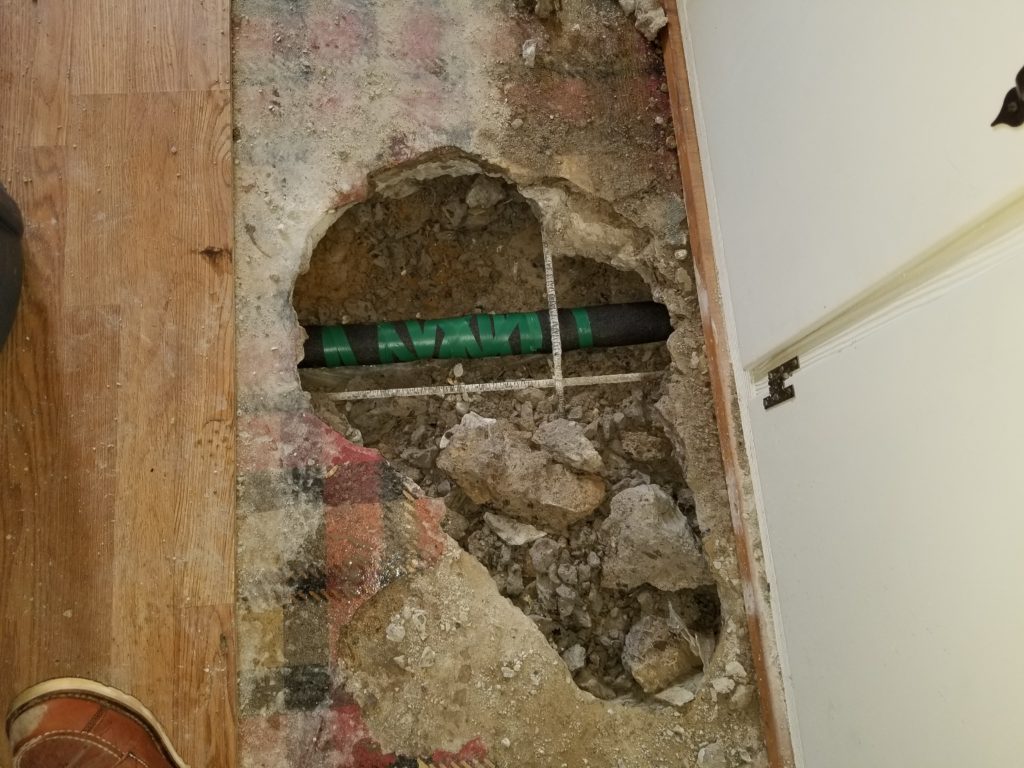



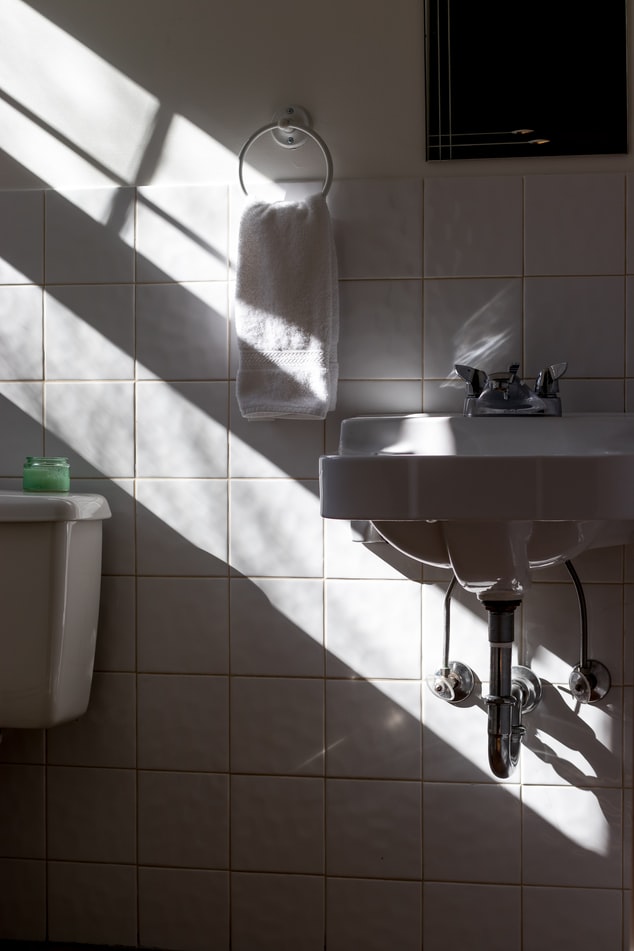

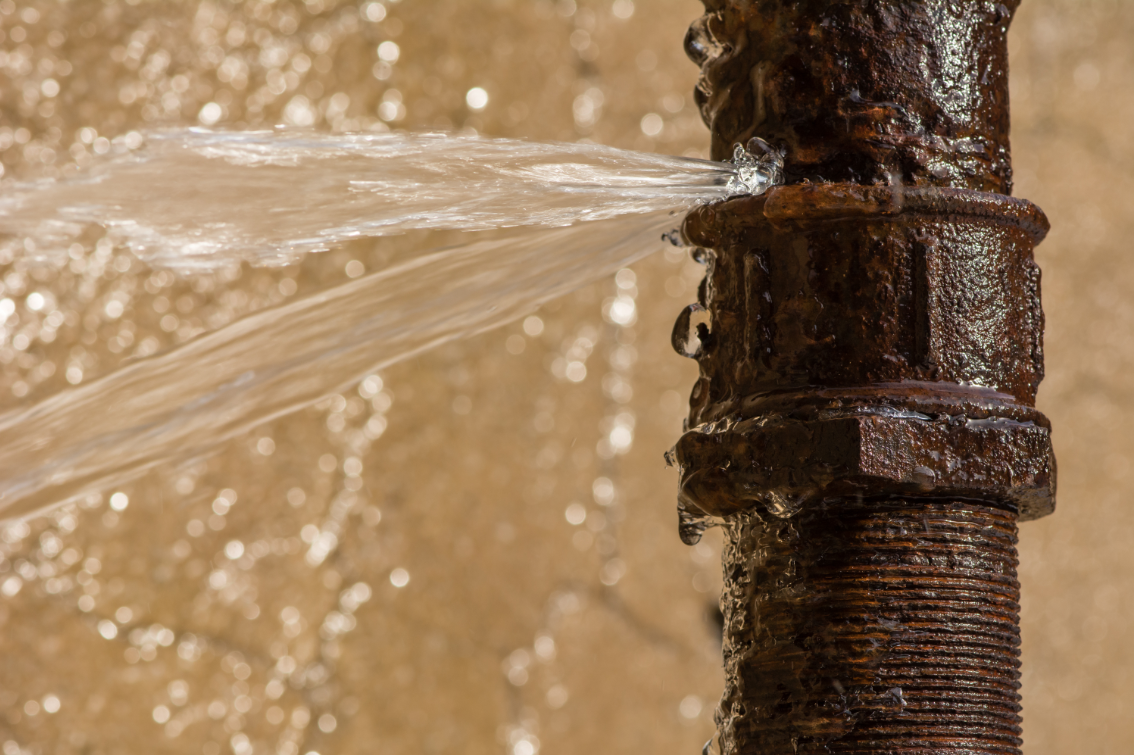
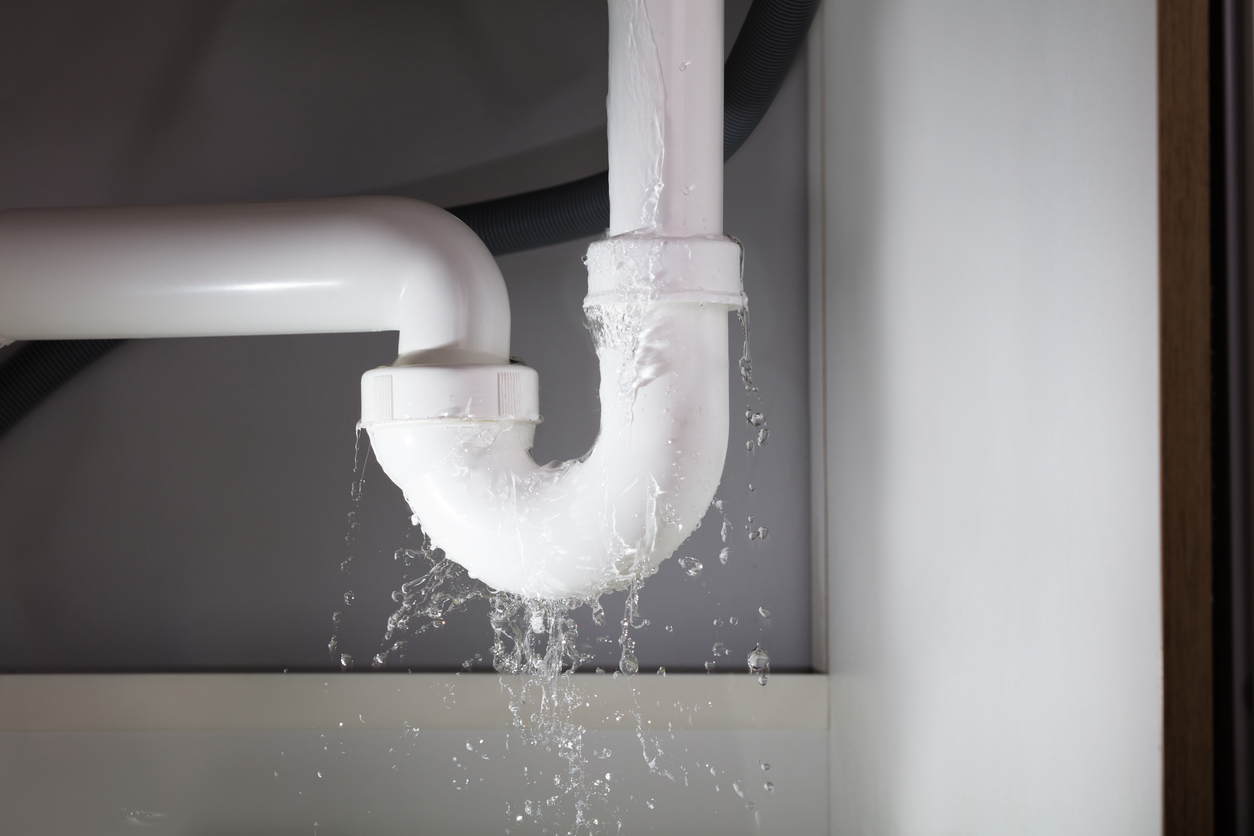
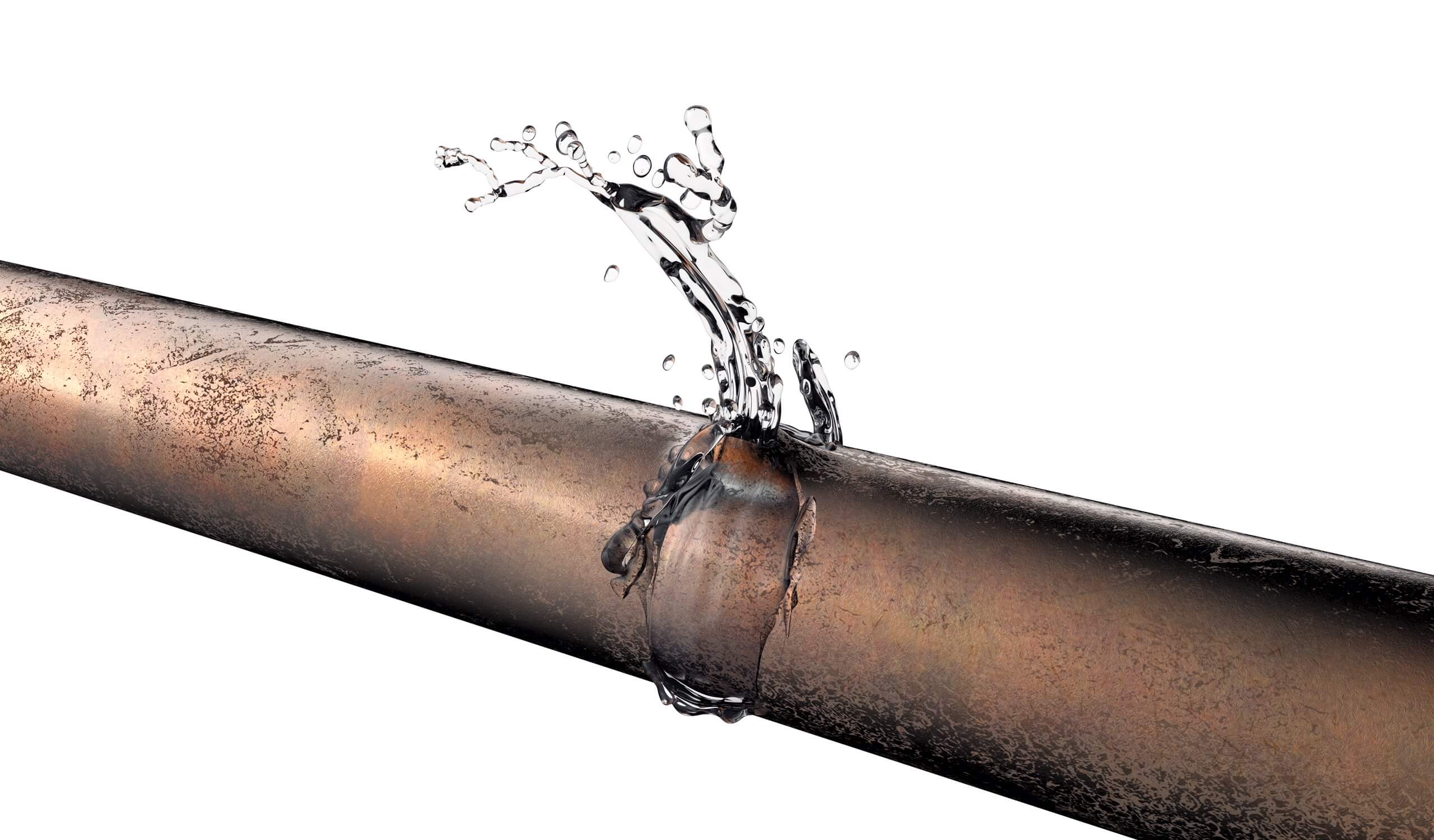
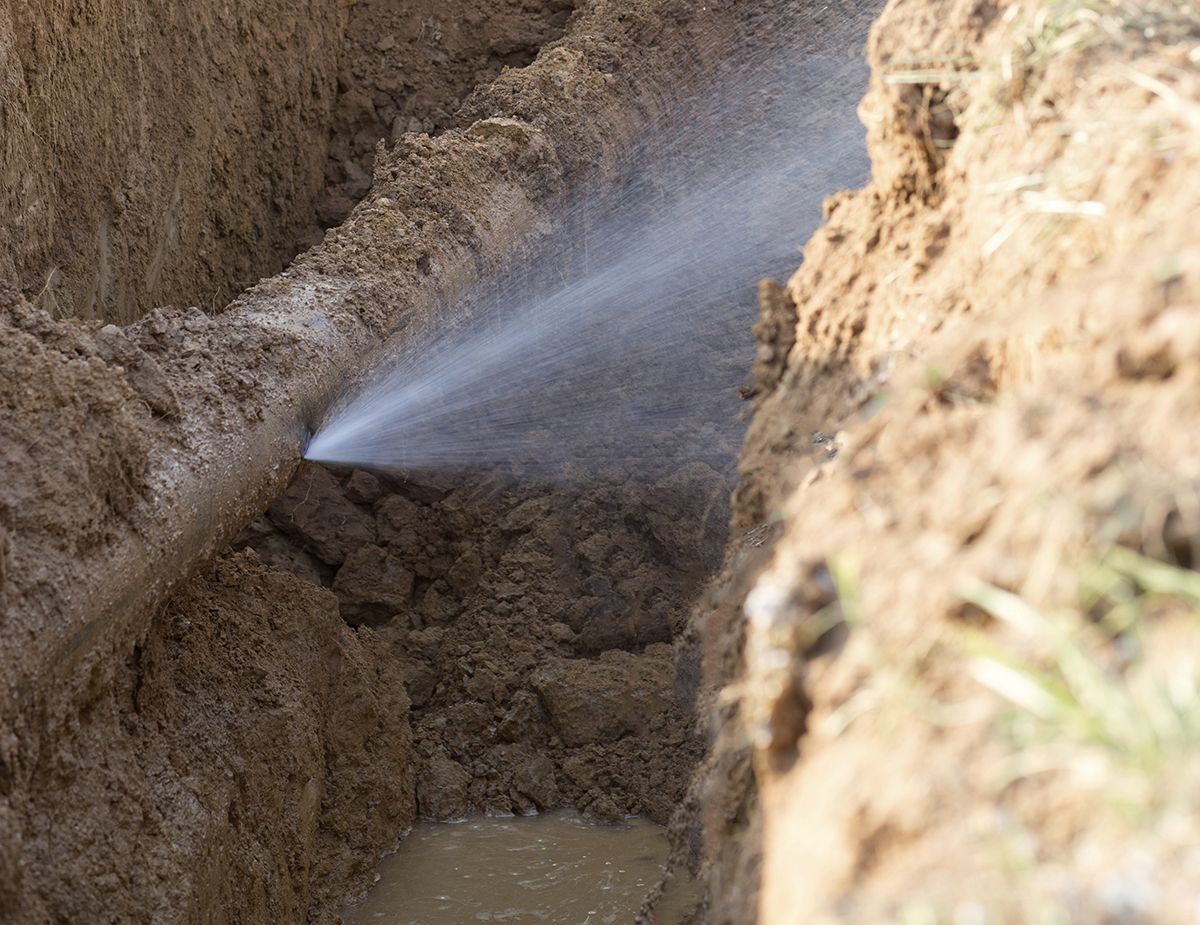
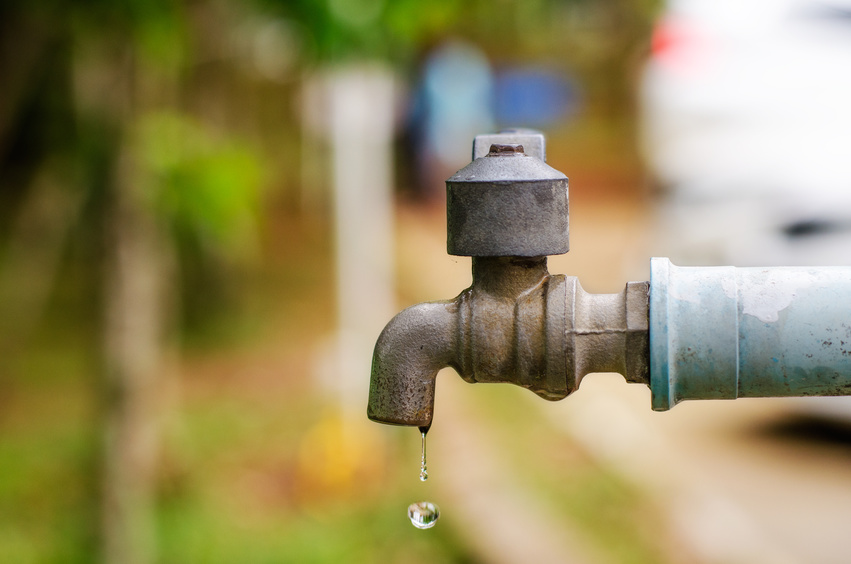
.jpg)
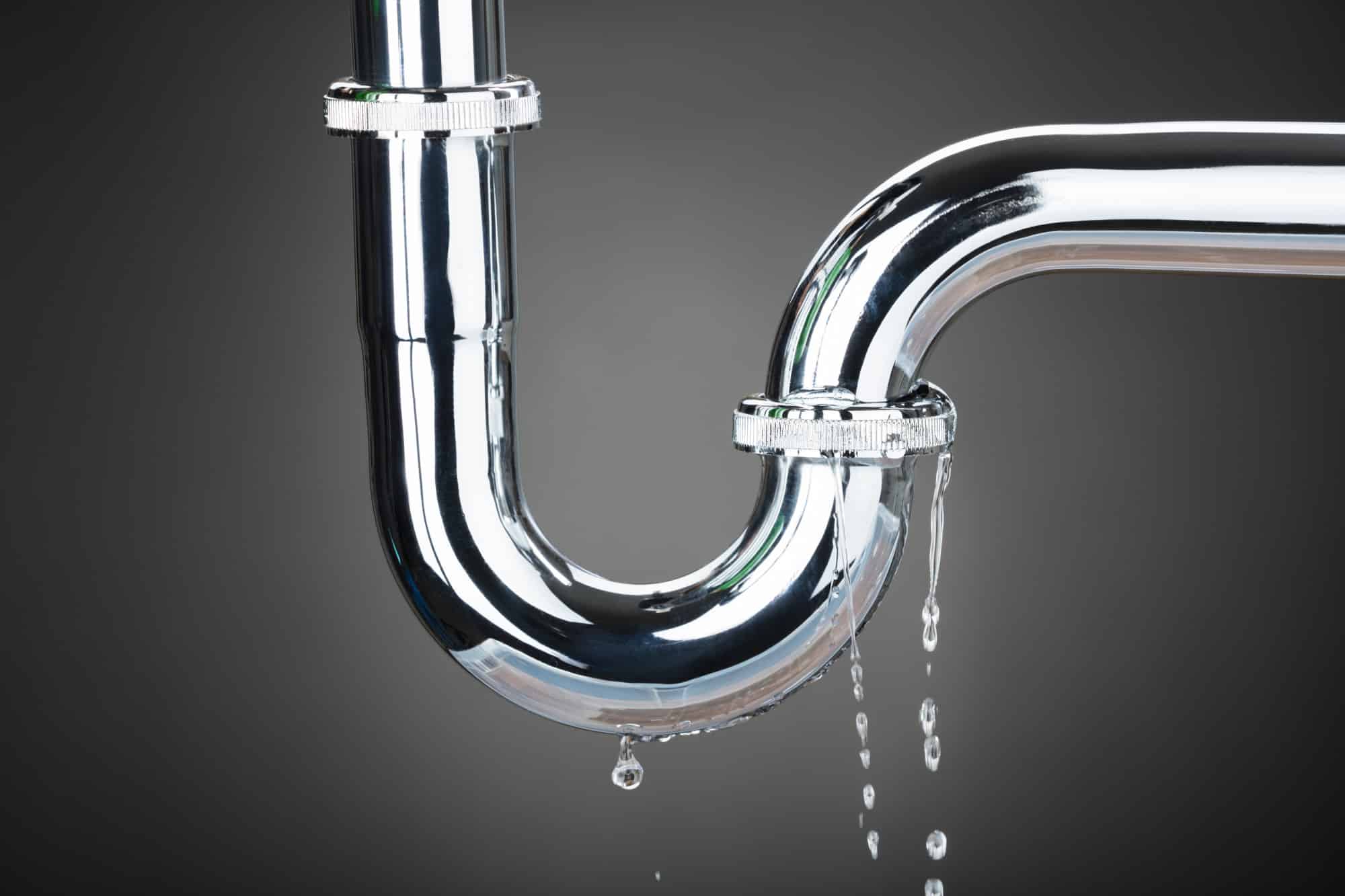



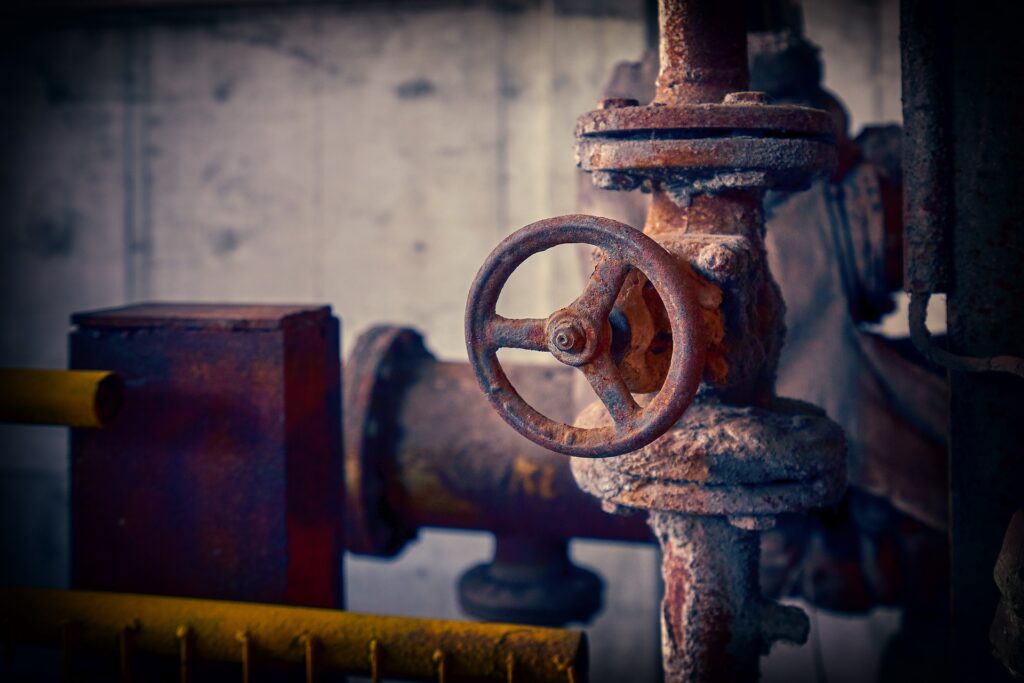




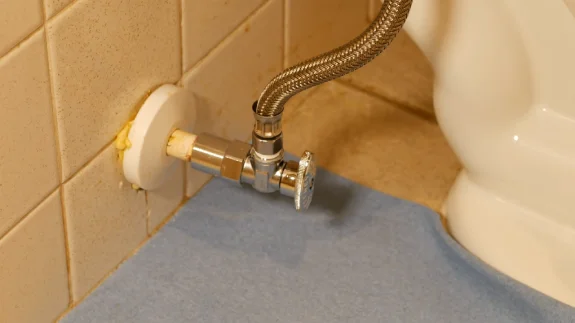


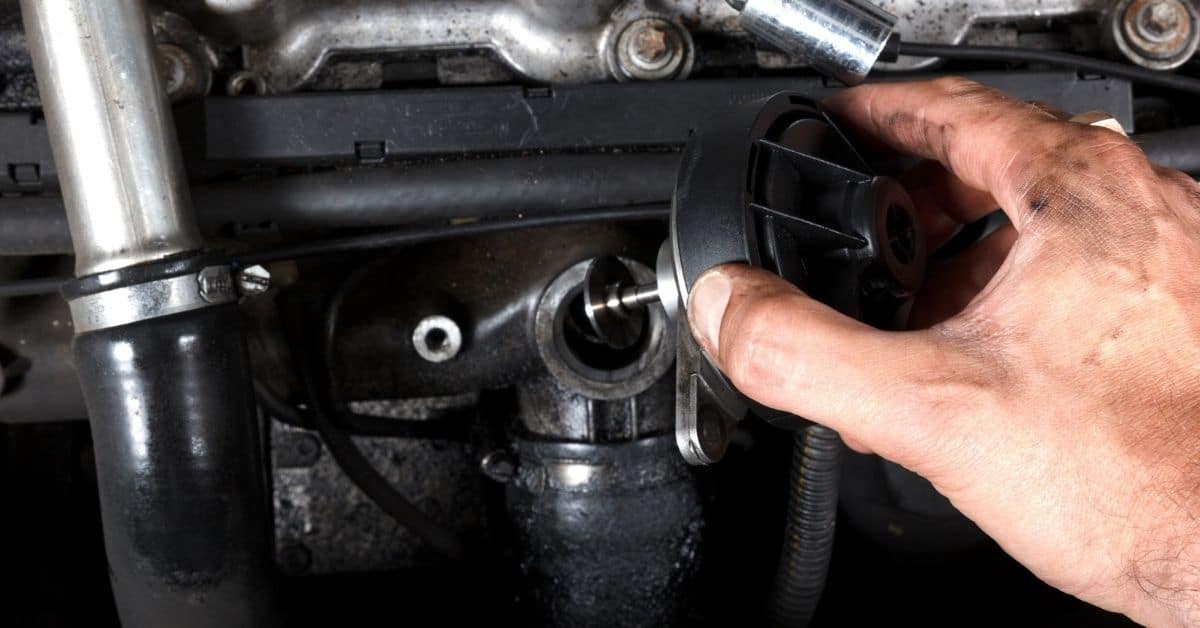



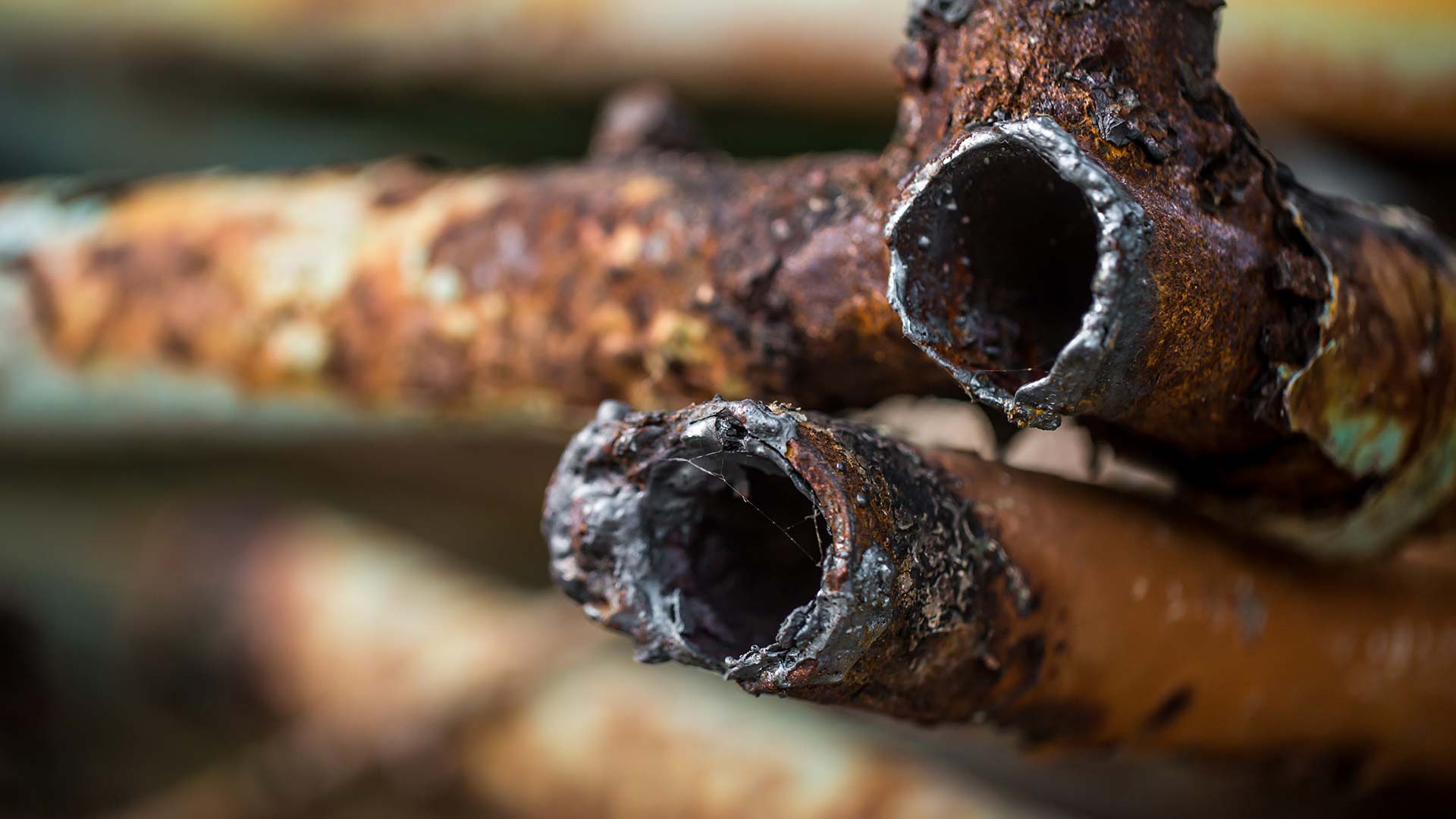

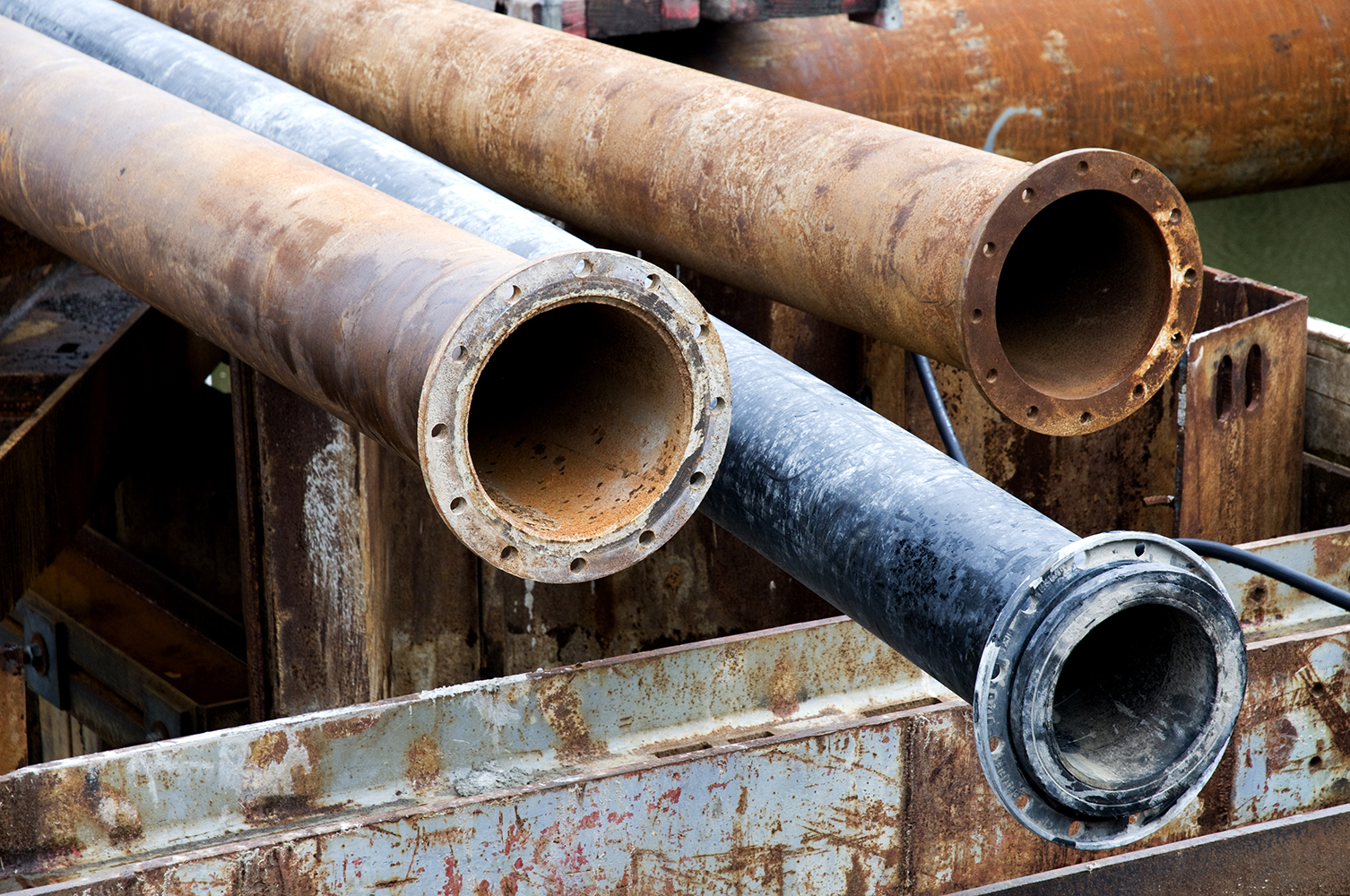
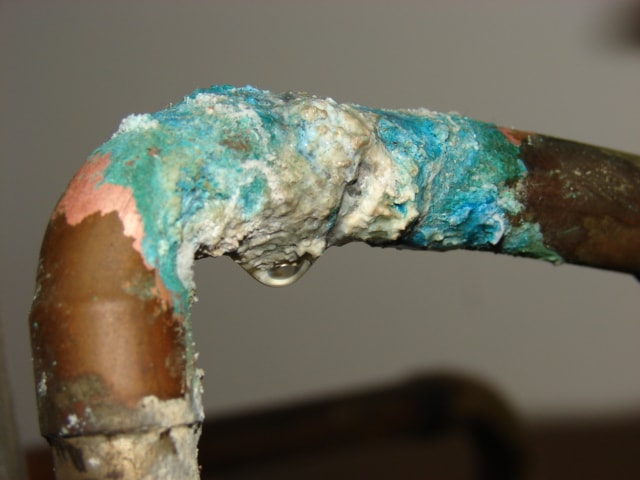
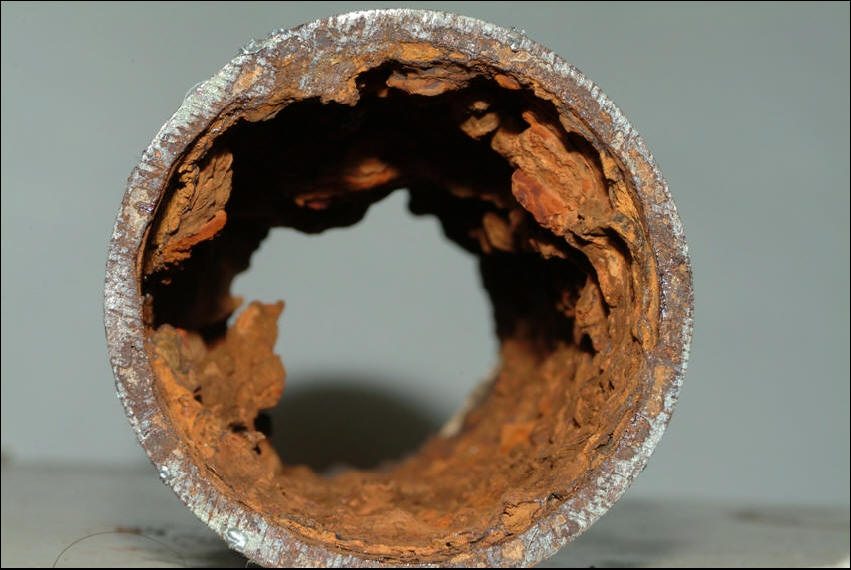



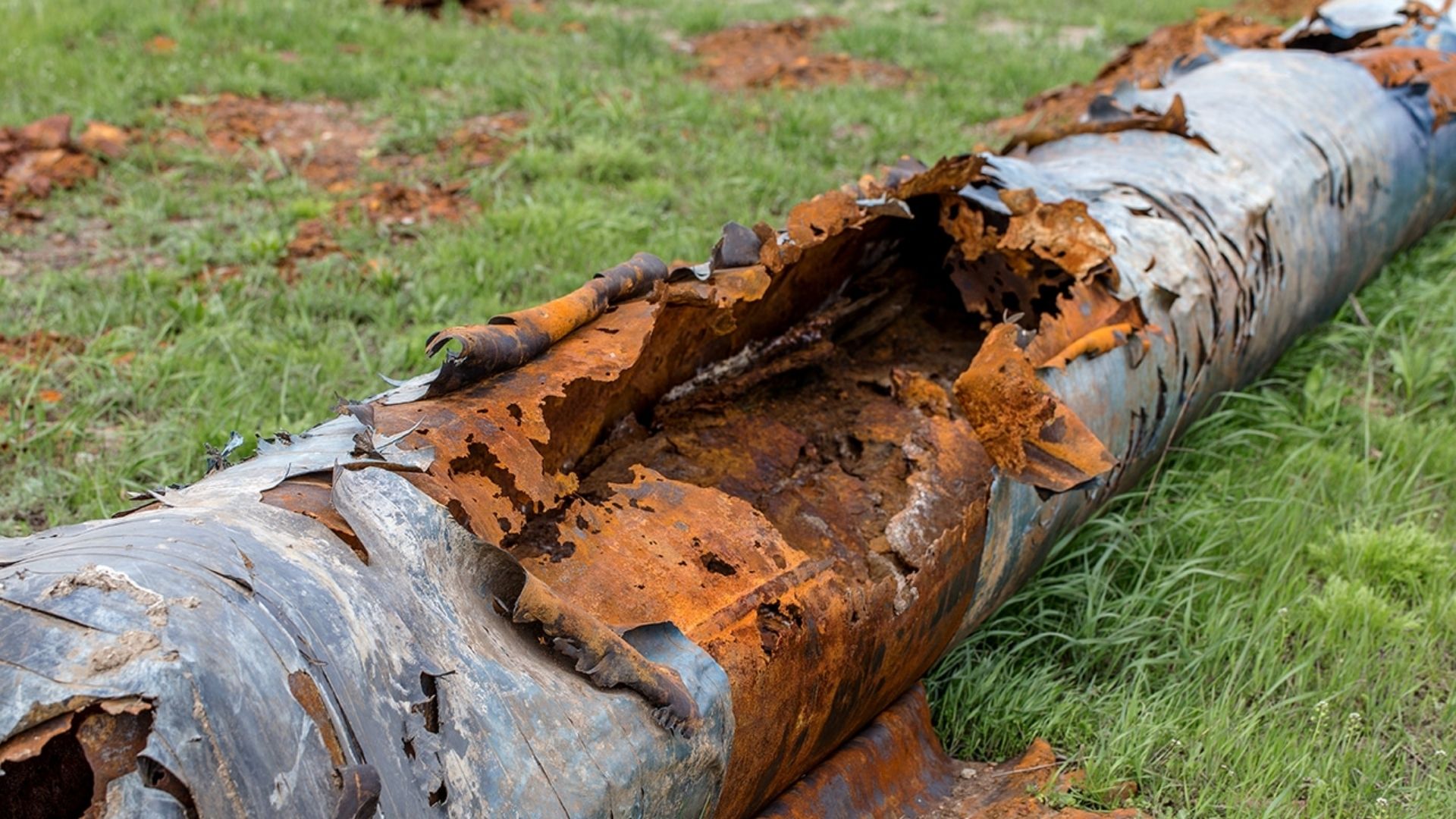
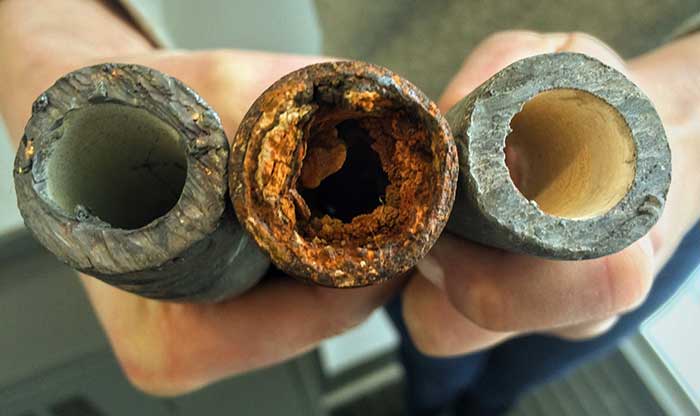
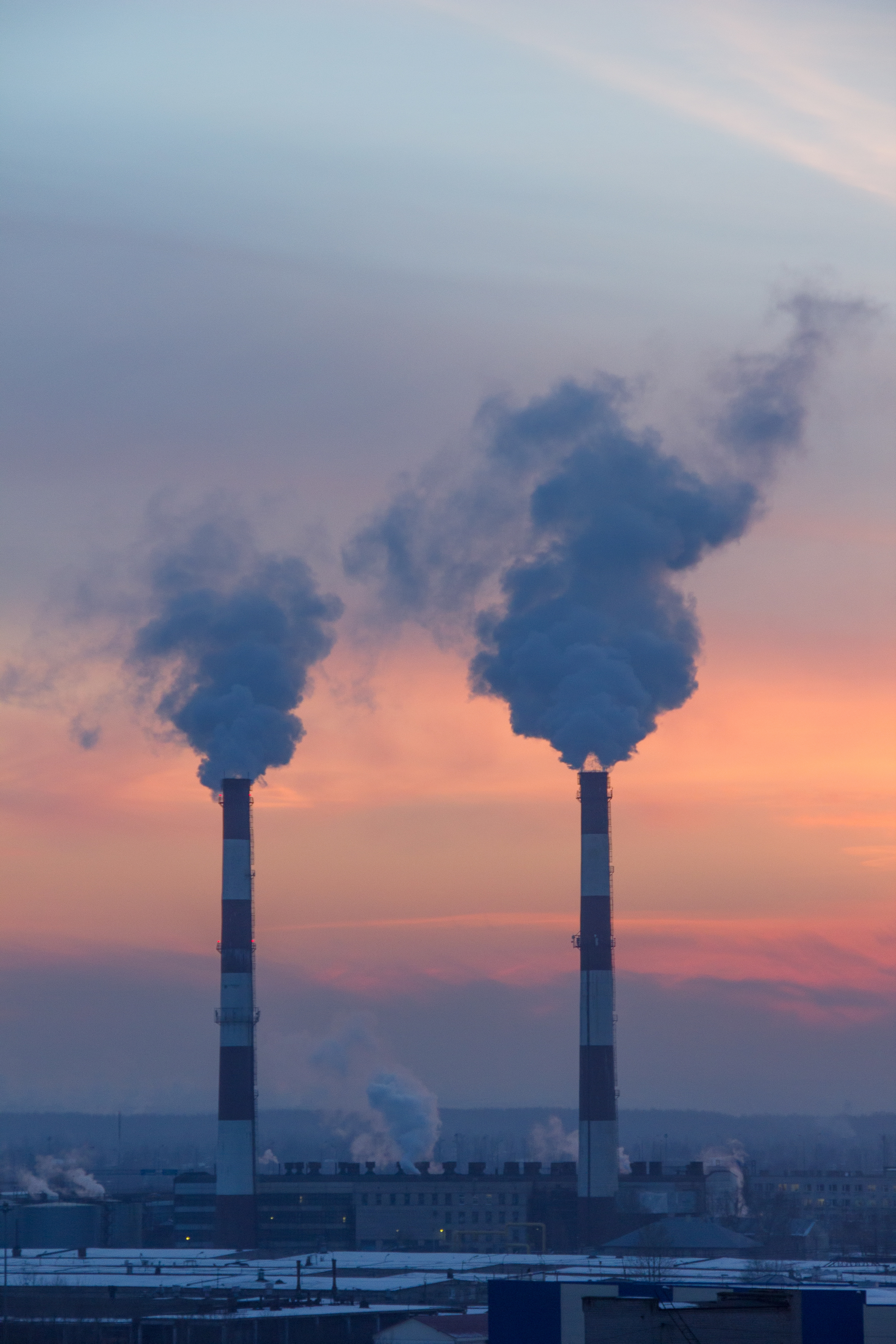

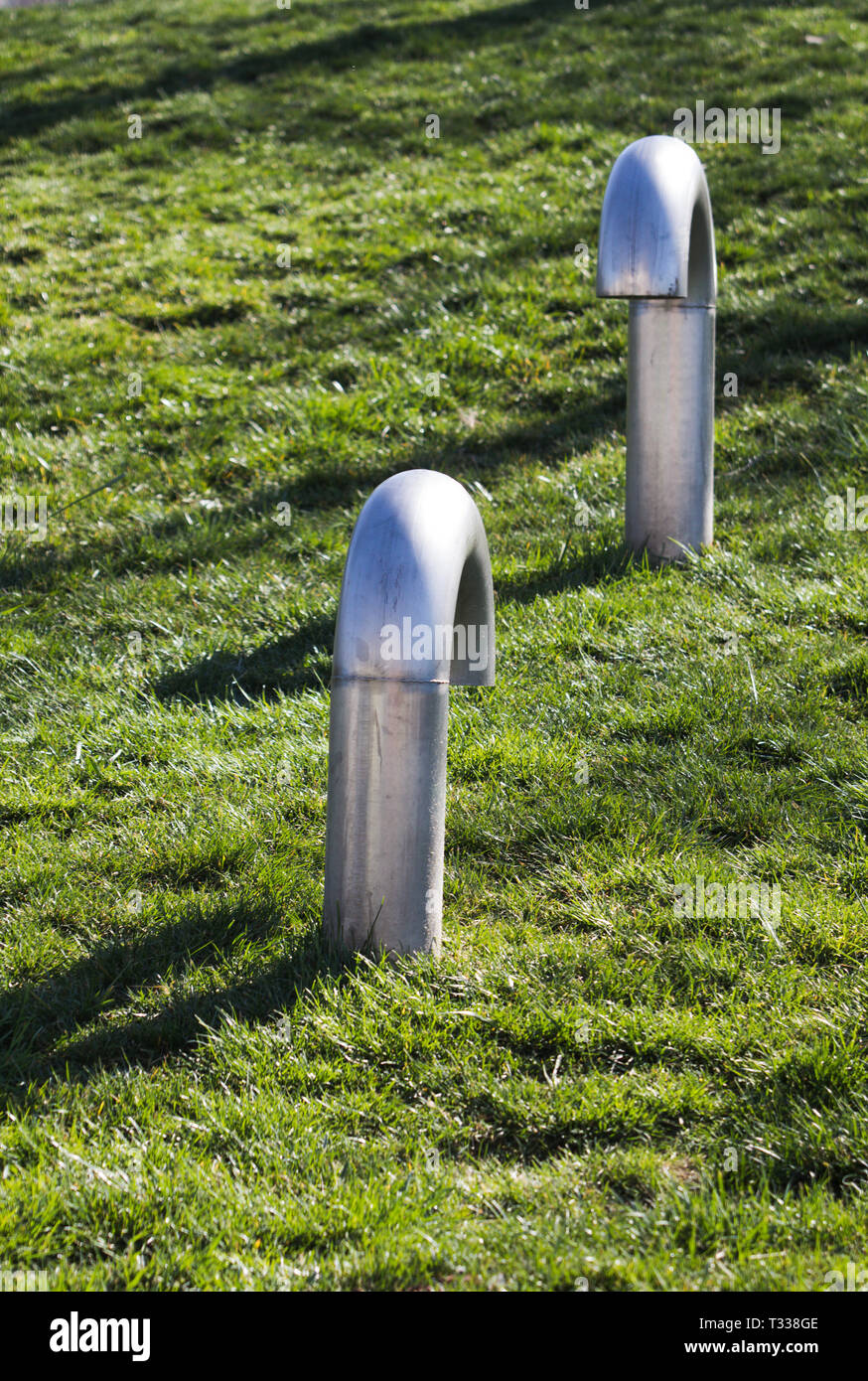



-1551650632-1.jpg)
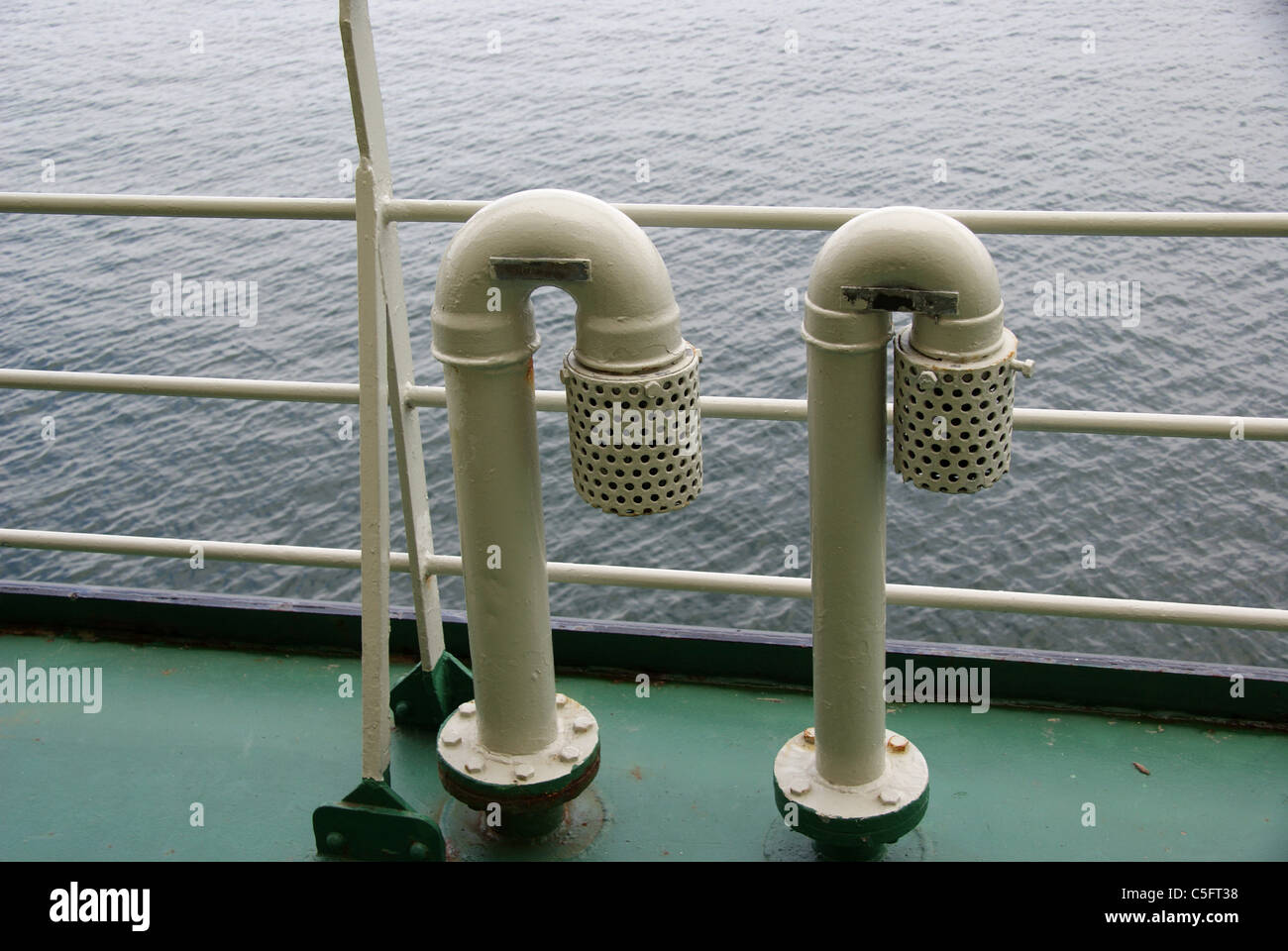
-1551650631-0.jpg)

